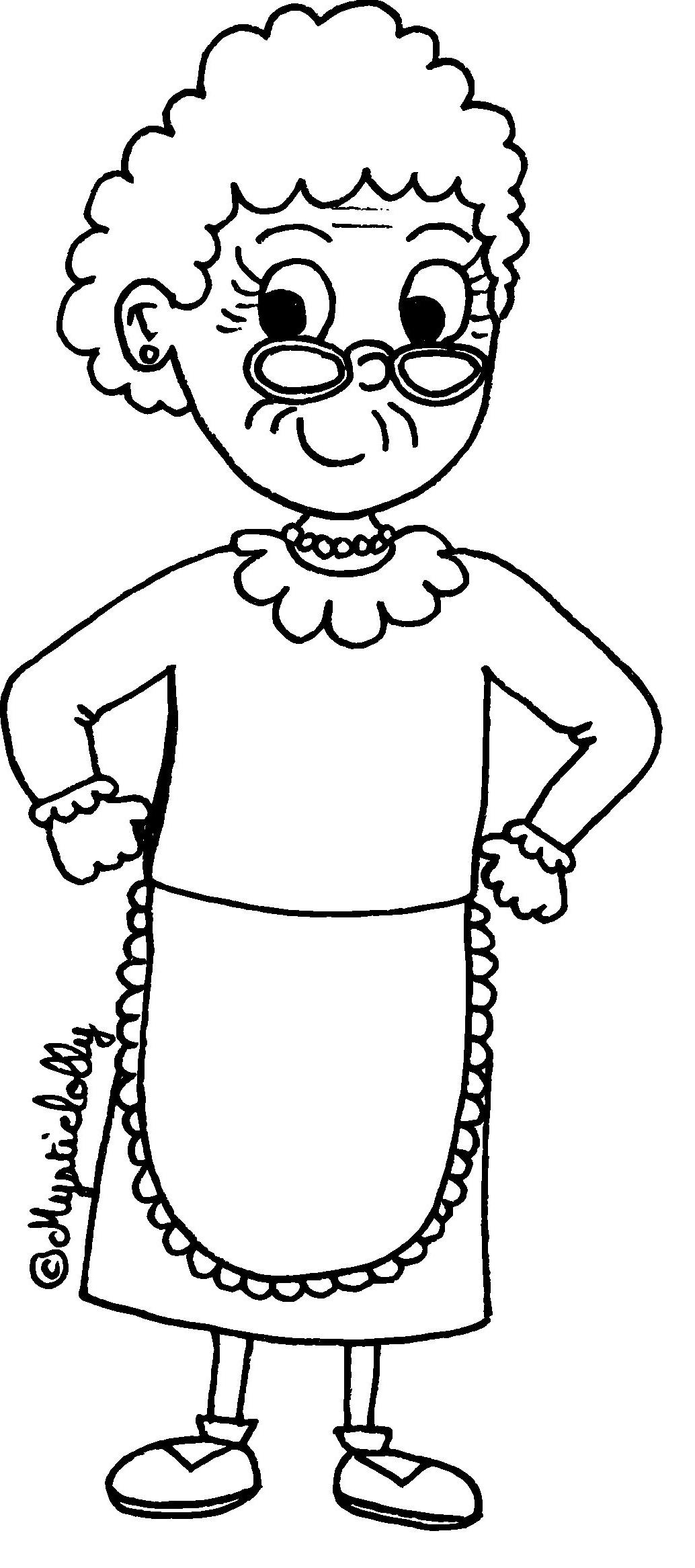There are four main kinds of word formation: prefixes, suffixes, conversion and compounds.
Prefixes
We add prefixes before the base or stem of a word.
|
examples |
prefixes |
|
monorail, monolingual |
mono— means ‘one’ |
|
multipurpose, multicultural |
multi— means ‘many’ |
|
post-war, postgraduate |
post— means ‘after’ |
|
unusual, undemocratic |
un— means ‘not’ or ‘opposite to’ |
Suffixes
We add suffixes after the base or stem of a word. The main purpose of a suffix is to show what class of word it is (e.g. noun or adjective).
|
examples |
suffixes |
|
terrorism, sexism |
-ism and -dom are used to form nouns |
|
employer, actor |
-er and -or are used to form nouns to describe people who do things |
|
widen, simplify |
-en and -ify are used to form verbs |
|
reasonable, unprofitable |
-able is used to form adjectives |
|
unhappily, naturally |
-ly is a common suffix used to form adverbs |
Conversion
Conversion involves the change of a word from one word class to another. For example, the verbs to email and to microwave are formed from the nouns email and microwave:
Can you text her? (verb from noun text, meaning to send a text-message)
They are always jetting somewhere. (verb from noun jet)
If you’re not careful, some downloads can damage your computer. (noun from verb download)
OK, so the meeting’s on Tuesday. That’s a definite. (noun from adjective)
It’s a very big if and I’m not at all sure we can afford it. (noun from conjunction, meaning ‘it’s not at all certain’)
All companies have their ups and downs. (nouns from prepositions)
We also use conversion when we change a proper noun into a common noun:
Has anybody seen my Dickens? (copy of a book by Dickens)
Compounding
When we use compounding, we link together two or more bases to create a new word. Normally, the first item identifies a key feature of the second word. For example, the two bases back and ache can combine to form the compound noun backache, and the two bases post and card combine to form the compound noun postcard.
Compounds are found in all word classes. The most common types of compounds are: Nouns: car park, rock band
Adjectives: heartbreaking, sugar-free, airsick
Verbs: oven-bake, baby-sit, chain-smoke
Adverbs: good-naturedly, nevertheless
It is sometimes difficult to know where to put hyphens in words that are compound ed. It is also difficult to know whether to separate words (e.g. post box) or to join the words (e.g. postbox). In such cases, it is best to check in a good learner’s dictionary.
Abbreviation
Abbreviation involves shortening a word. We do this in three main ways: clipping, acronyms and blends.
We use clipping when we shorten or ‘clip’ one or more syllables from a word. We also commonly clip proper names for people:
ad: advertisement, advert
lab: laboratory
Matt: Matthew
Acronyms are a type of abbreviation formed when the initial letters of two or more words are combined in a way that produces consonant and vowel sequences found in words. Acronyms are normally pronounced as words:
RAM: random access memory (RAM is a term used to describe a computer’s memory.)
Initials are similar to acronyms but are pronounced as sets of letters, not as words:
WHO: World Health Organisation, pronounced W–H–O
CD: compact disc, pronounced C–D
We form blends when we combine parts of existing words to form a new word:
blog: blend of web and log
motel: blend of motor and hotel
smog: blend of smoke and fog
Back-formation
We form words with back-formation when we remove part of a word, usually something which we think is a suffix (or occasionally a prefix). We do this commonly when we form verbs from nouns.
For example: to liaise (back-formed from the noun liaison); to intuit (back-formed from the noun intuition), to enthuse (back-formed from the noun enthusiasm):
Can you liaise with Tim and agree a time for the meeting, please?
She’s always enthusing about her new teacher.
Loan words and new words
Loan words
Loan words are words that are borrowed from other languages. Some recent loan words for food taken from other languages include: sushi, tapas, chapatti, pizza. When we use loan words, we do not normally change them, though we do sometimes inflect them if they are singular countable nouns (pizzas, chapattis). We also sometimes pronounce them more like English words, instead of using their original pronunciation.
New words
Some prefixes are commonly used to create new words. In modern English the prefix e- is used to create new words that are connected with the Internet and the use of the Internet:
e-bank, e-cards, e-commerce, e-learning
Almost any noun may potentially combine with any other noun to form new noun compounds (e.g. computer virus, carbon footprint, quality time).
HOME > LOOK UP & LEARN
V2 Vocabulary Building Dictionary
Learn New Words and Remember Them Forever!
Welcome to the only dictionary that helps you to build and improve your vocabulary while looking up word definitions.
To get started, just type the word you want to learn into the box below, and V2 will take care of the rest!
Here you’ll find exactly when, where and how to use the over 2200 words most frequently looked up in dictionaries. Our comprehensive guide will not only help you learn new words and use them properly, but will help you assimilate them into your vocabulary — and remember them forever!
In Just Seven Days, You Can Discover
The Secrets To Building A Powerful
Vocabulary… For FREE
Want to develop a bigger vocabulary even faster?
While you are here, be sure to sign up for our FREE Seven Day Vocabulary Course.
In just Seven Days, you will discover the secret to building a powerful vocabulary absolutely FREE.
Sign Me Up! I want to enroll in your FREE online Verbal
Success course, and learn the same vocabulary building techniques that others
have paid over $200 to learn at the live Verbal Success Symposiums!
I understand there’s absolutely no cost or commitment — there’s nothing more to buy, and I can unsubscribe at any time!
Sample dictionary lookup: abet
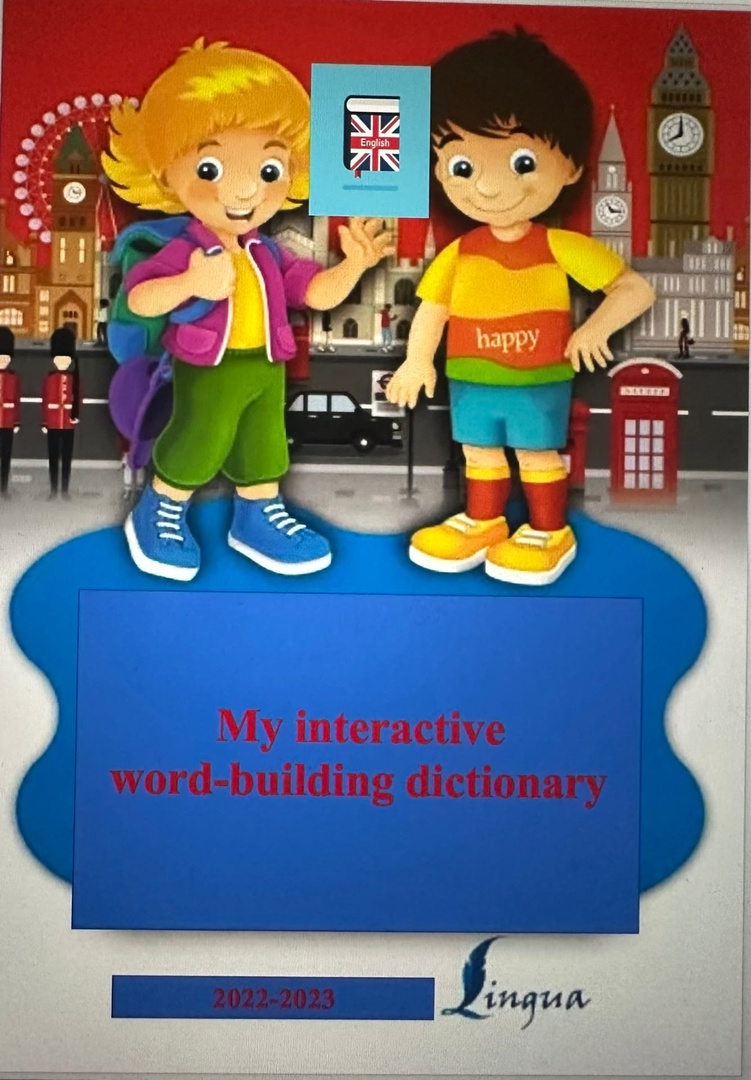
Contents
-
Introduction ……………………………………………………………3-4
-
Alphabet……………………………………………………………………5
-
My interactive word-building dictionary for the youngest students ……6-17
-
My interactive word-building dictionary………………………………18-32
Содержание
-
Введение …………………………………………………………………3-4
-
Алфавит……………………………………………………………………5
-
Мой интерактивный словарь для самых маленьких школьников……6-17
-
Мой интерактивный словообразовательный словарь………………18-32
Introduction
I created my interactive word-building dictionary for students from the 2nd to 11th grades, teachers and anyone who wants to speak and write competently in English.
The dictionary contains a derivational nest. At the head of each nest the original words, are placed in alphabetical order. Each word has a transcription and translation from English into Russian. The dictionary contains words with transcription, translation and a colouring picture for the youngest students.
An interactive word-building dictionary with illustrations connects a word and its meaning, and a picture becomes the link between them. A picture creates an association between an English word and a real object or phenomenon. Illustrated dictionaries bring a nice variety to language lessons. They engage learners and give effective results in memorising words.
My interactive word-building dictionary for the youngest students has: 1. A title page; 2. A contents page; 3. Words for the teaching materials of O. V. Afanasyeva and I. V. Mikheeva «Rainbow English» that are placed in alphabetical order: word — transcription — translation — picture of the word. The dictionary was posted on my teacher’s website:https://multiurok.ru/id26787701/
Authors: A.V. Kareva, O.V. Nechepurenko
Я создала свой интерактивный словарь для учащихся 2-11 классов, учителей и всех, кто хочет грамотно говорить и писать на английском языке.
Словарь содержит словообразовательное гнездо. В начале каждого гнезда расположены исходные слова, расположенные в алфавитном порядке. Каждое слово имеет транскрипцию и перевод с английского на русский язык. Словарь содержит слова с транскрипцией, переводом и раскраской для самых маленьких школьников.
Интерактивный словарь, в котором есть иллюстрации, соединяет слово и его значение, а связующим звеном между ними становится изображение. Картинка создает ассоциацию между английским словом и реальным предметом или явлением.
Иллюстрированные словари вносят в занятия языком приятное разнообразие. Привлекает обучающихся и дает эффективный результат в запоминании слов.
Мой интерактивный словарь для самых маленьких школьников имеет:
1. Титульный лист;
2. Страница содержания;
3. Слова в алфавитном порядке размещены к УМК О. В. Афанасьевой, И. В. Михеевой. «Rainbow English», слово – транскрипция -перевод- картинка к данному слову.
Словарь был размещен на сайте моего учителя: https://multiurok.ru/id26787701/ Авторы: Карева А. В., Нечепуренко О.В.
Условные сокращения
n. (noun) — cуществительное
v. (verb) — глагол
adj. (adjective) — прилагательное
adv. (adverb) — наречие pron. (pronoun) — местоимение
num. (numeral) — числительное
prep. (preposition) — предлог
conj. (conjunction) — союз
e.g. (for example — от лат. exempli gratia) — например
p. (page) — страница
pp. (pages) — страницы
p.t.o. (please turn over) — перелистните, смотрите на обороте
par. (paragraph) — параграф, раздел
etc (от лат. etcetera) — и так далее
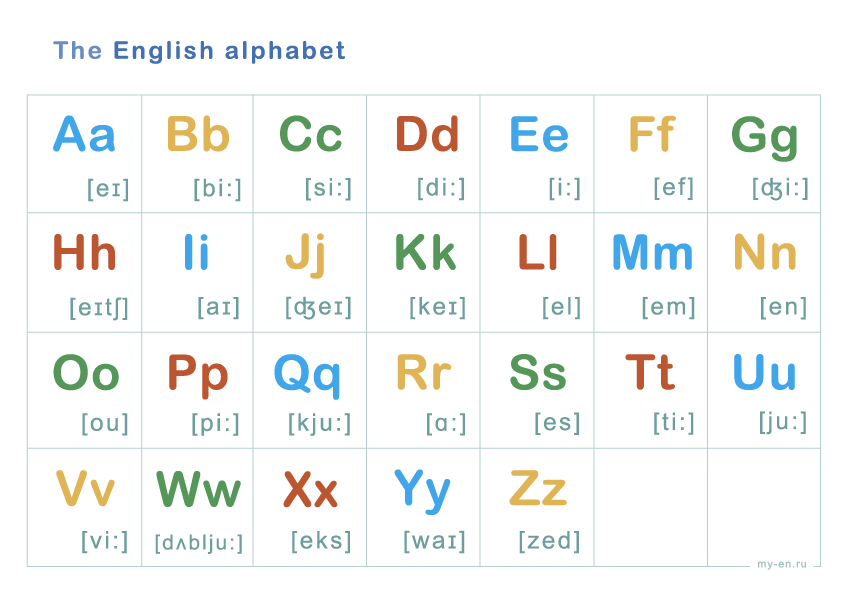




ant-[œnt] n. –
муравей
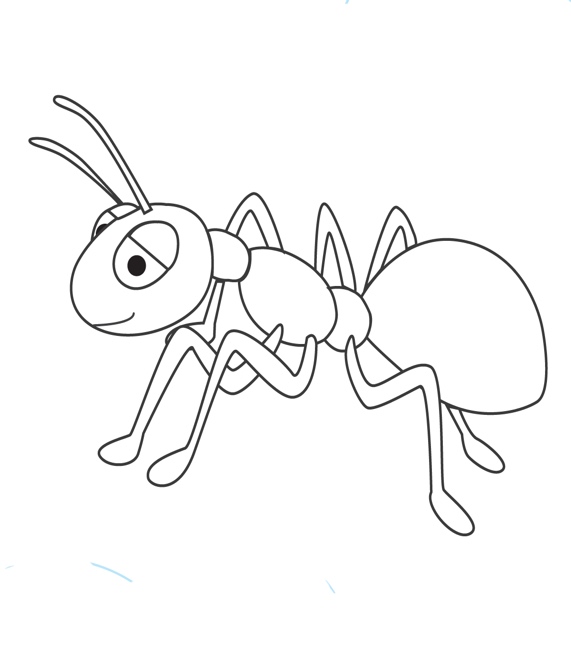
-A-
apple— |ˈæp(ə)l| n. —
яблоко
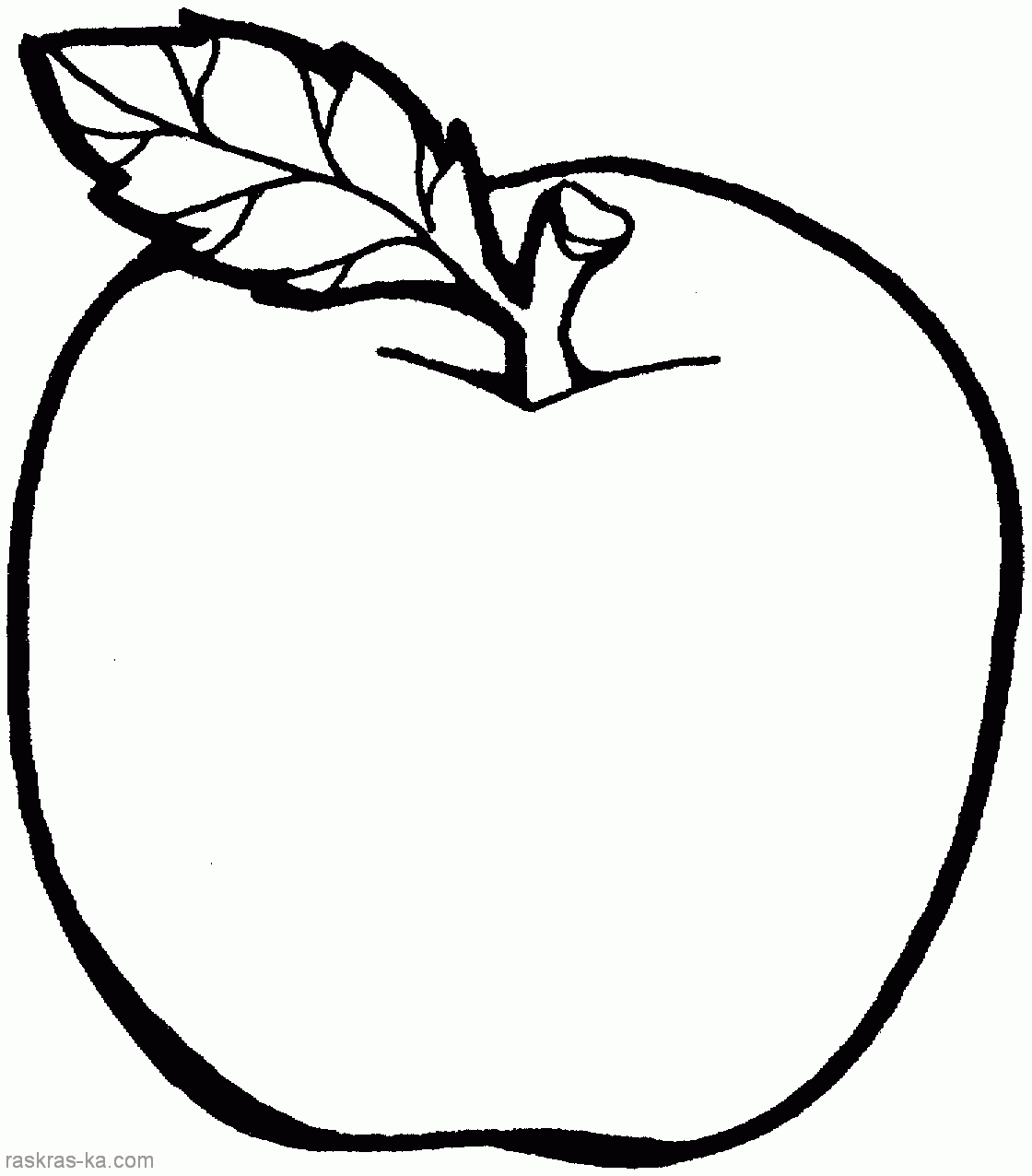

arm— [ɑ:m] n.-
рука (от кисти до плеча)
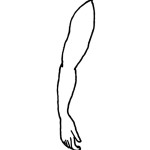

aunt— [ɑ:nt] n.-
тетя, тётка
and-[ænd] conj. -и (союз)


boot-[bu:t] n.— -B-
ботинок
bad-[bæd] adj. -плохой
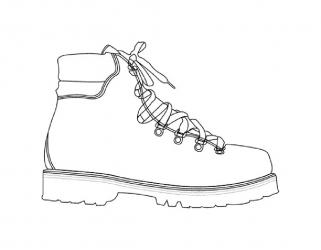

bed-[bed] n.- кровать



belt-[belt] n.-ремень
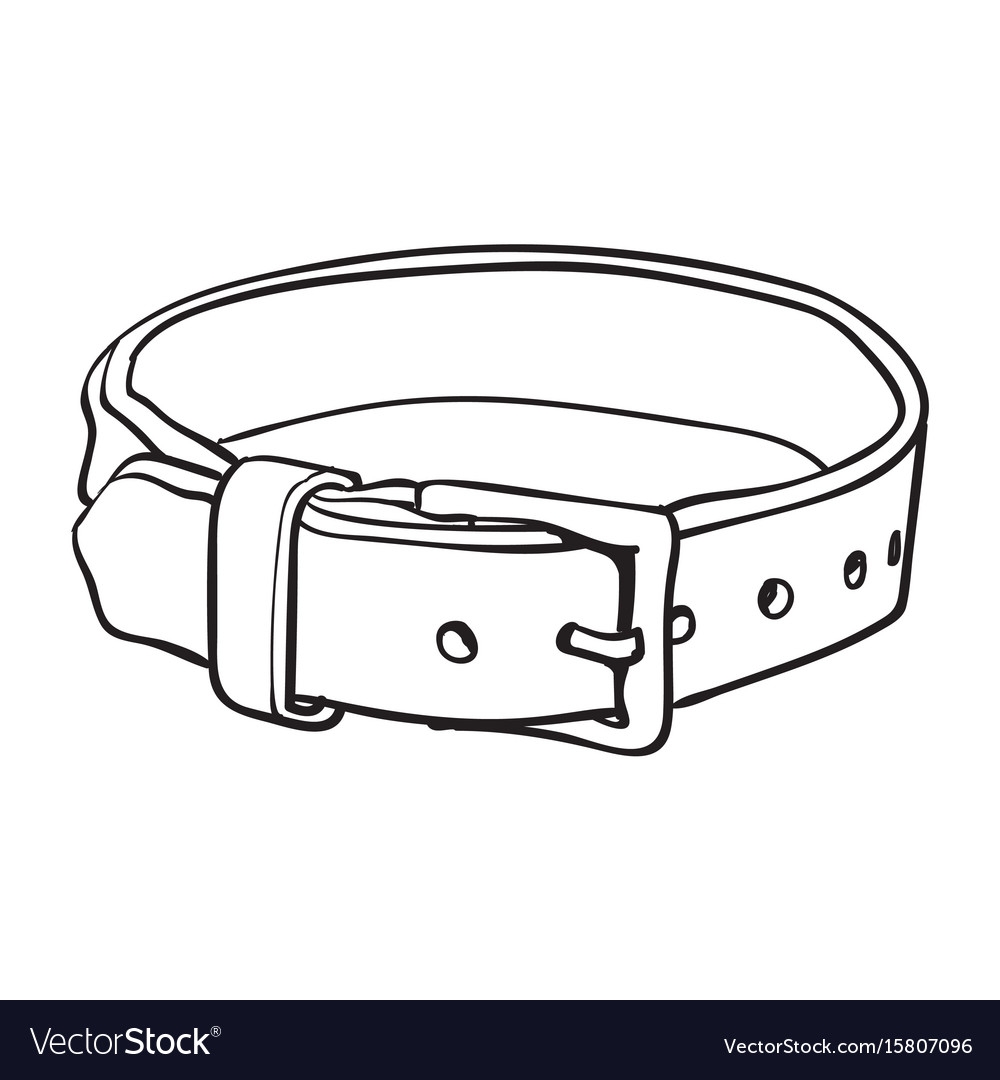
bell-[bel] n.-
колокольчик,звонок
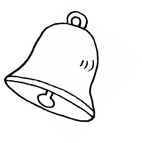


bus-[bʌs] n.-автобус
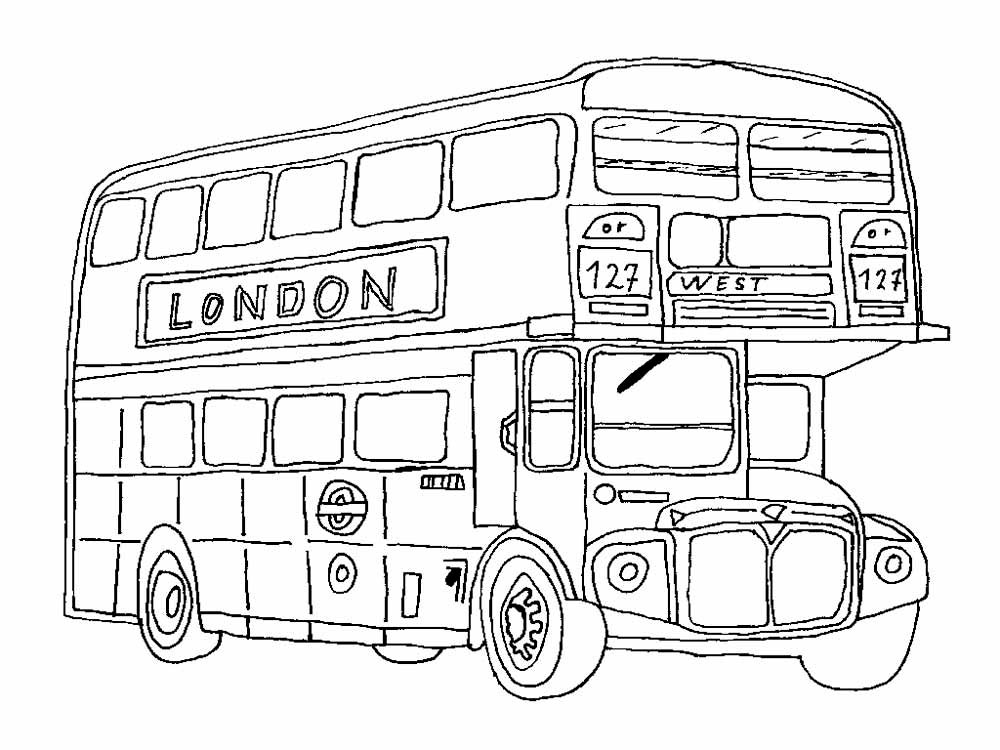
bох-[bɒks] n.-коробка
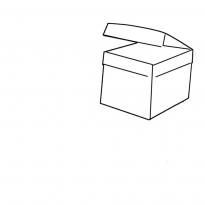


bee-[bi:] n. -пчела
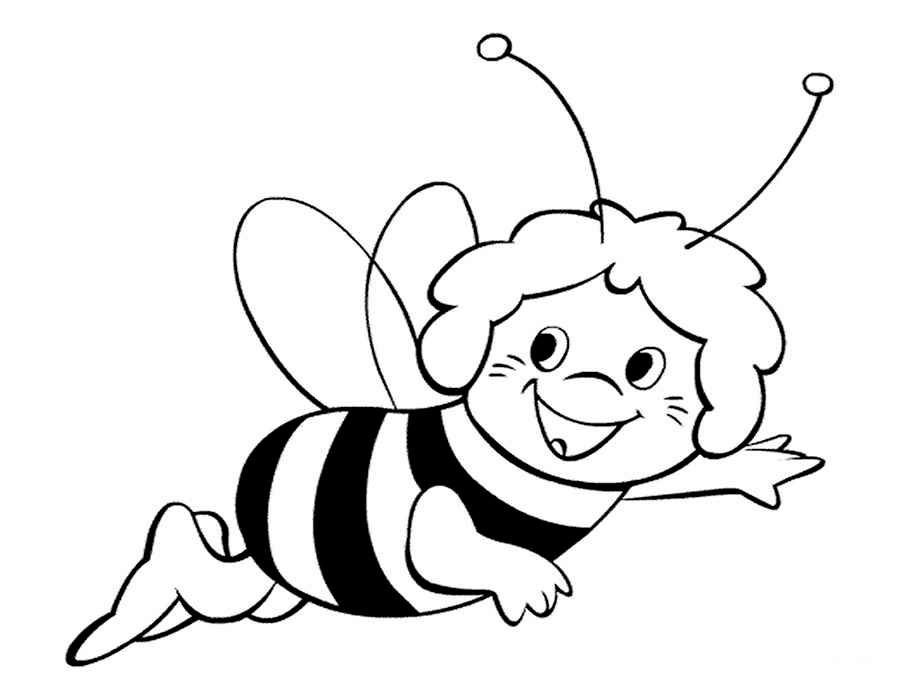
book-[bʊk] n.-книга
bad-[bæd] adj.-плохой
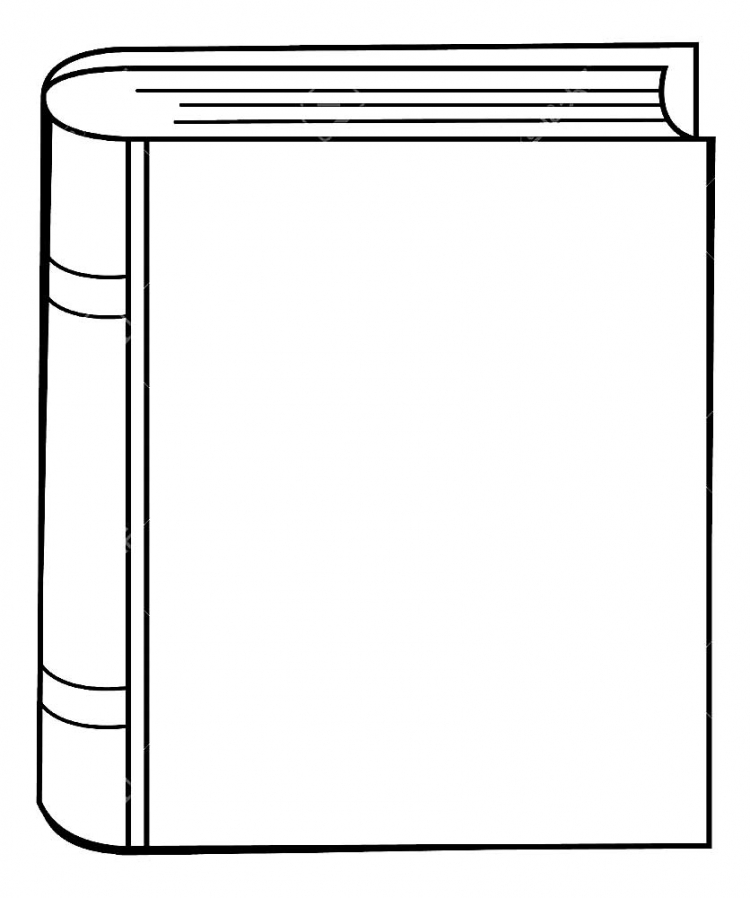



cap-[kæp] n.-кепка -C-
can-[kæn] v. -мочь, уметь
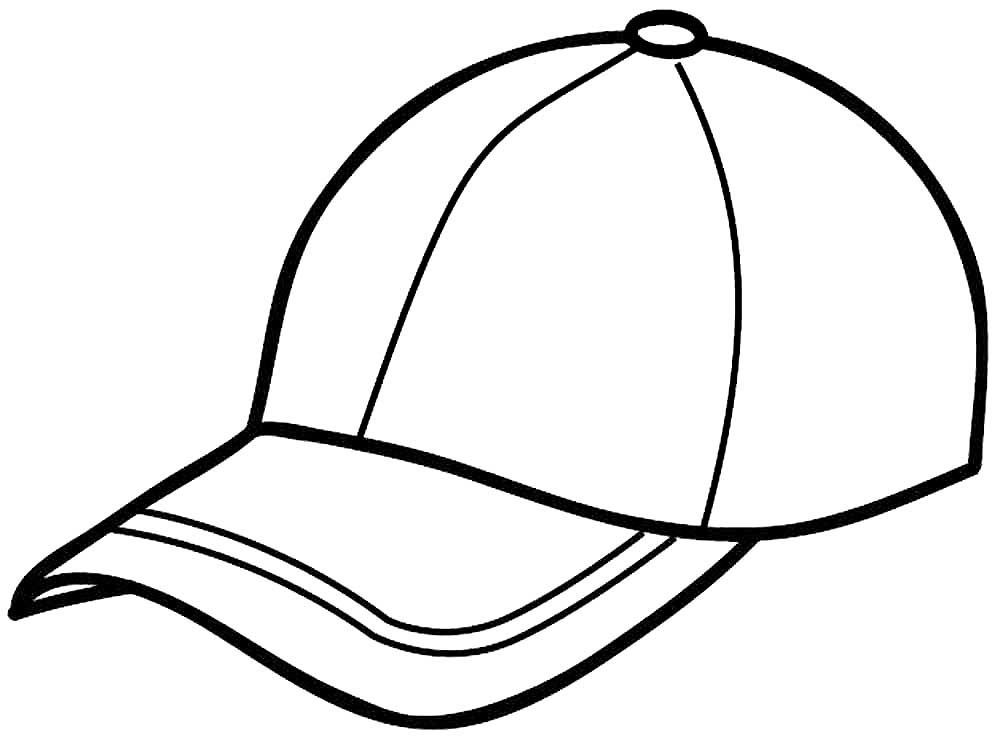
cat-[kæt] n.-кошка
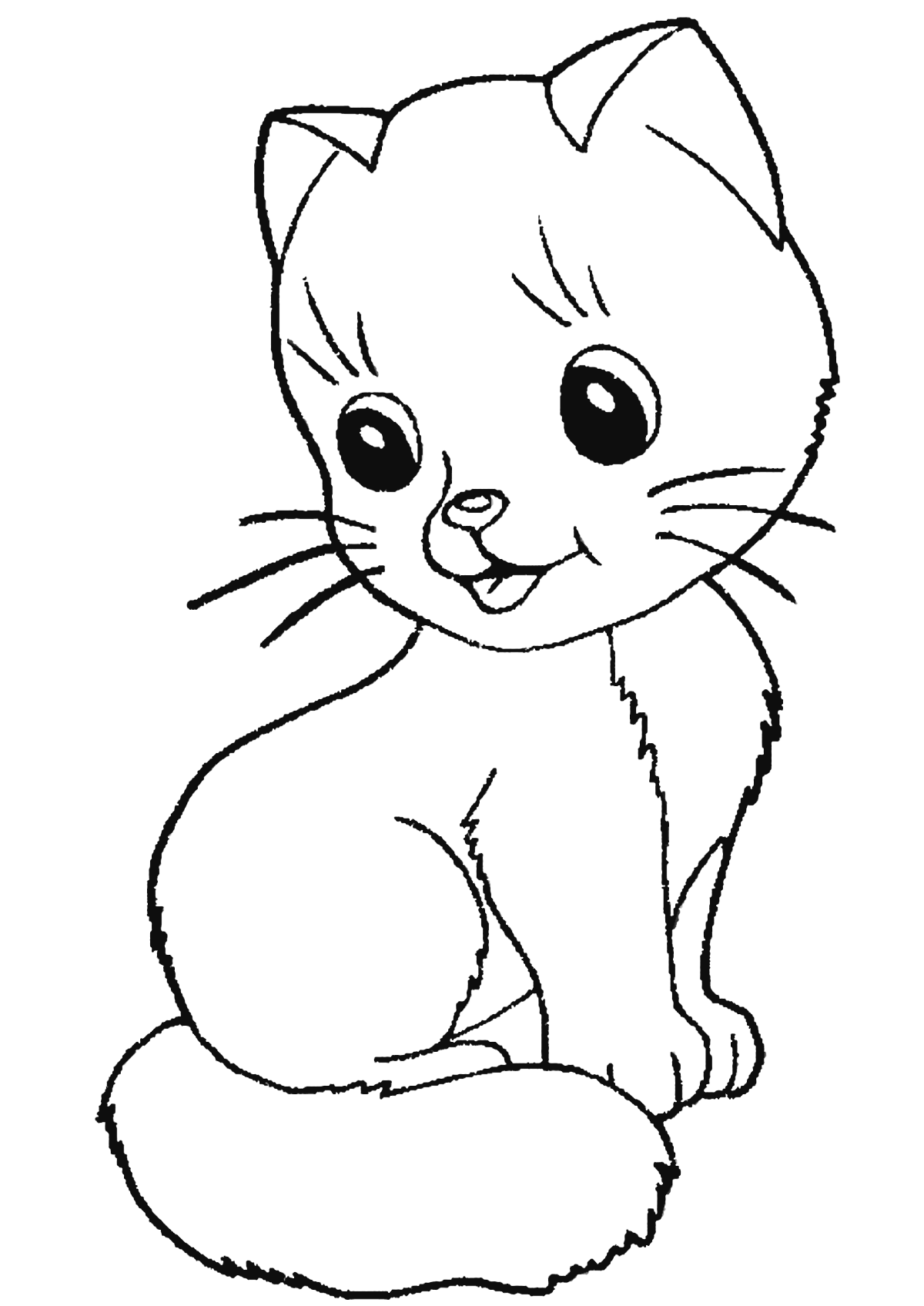

cock-[kɒk] n.-петух
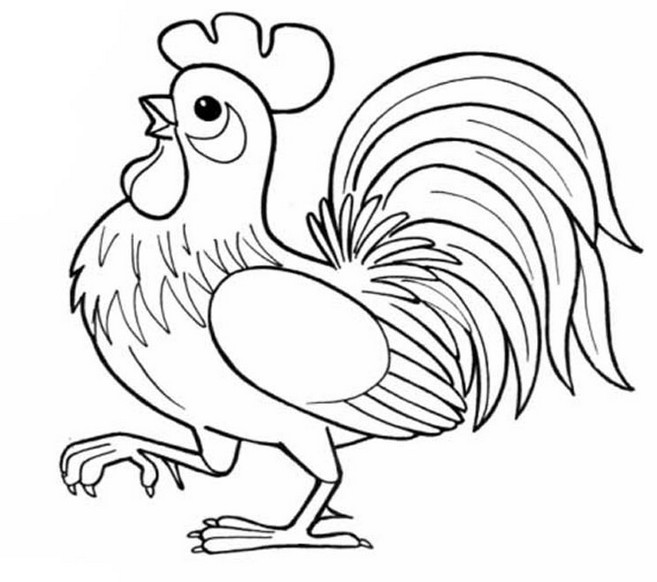

cup-[kʌp] n.-чашка



doll-[dɒl] n.-кукла
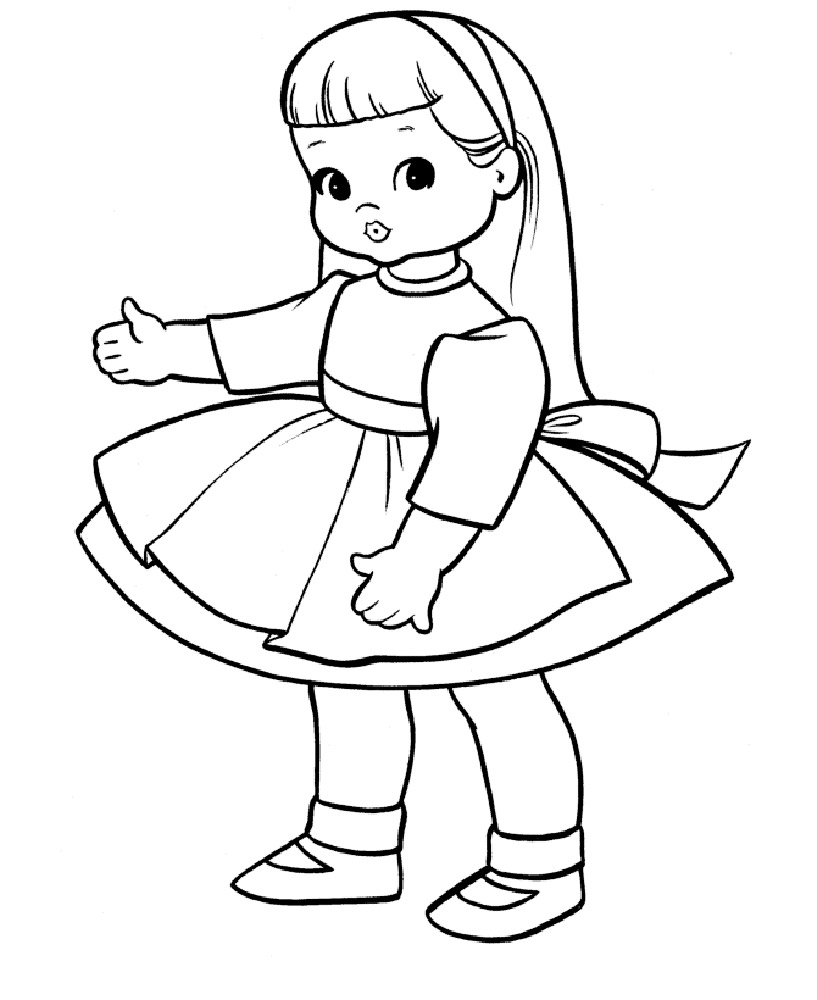
dog-[dɒg] n.-собака -D-
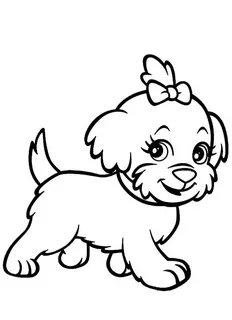



dad-[dæd] n.- папа, папочка

dish-[dıʃ] n.-блюдо
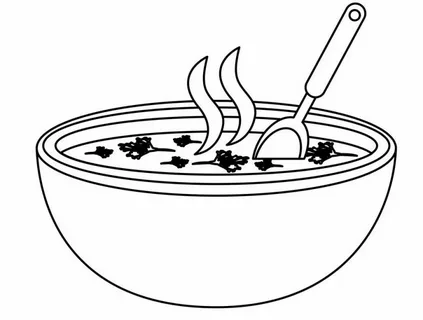


-F- face [feis] n.– лицо
egg-[eg] n.-яйцо -E-
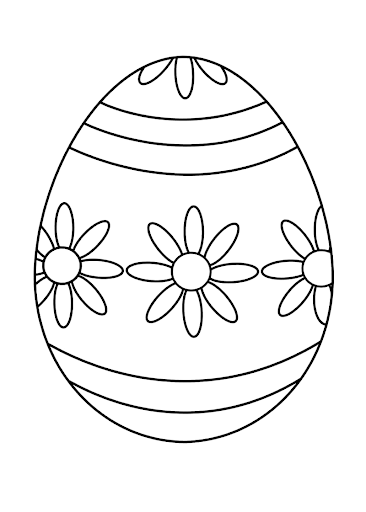



fire [ fɑiə] n. – огонь
foot [ fut] n.– стопа
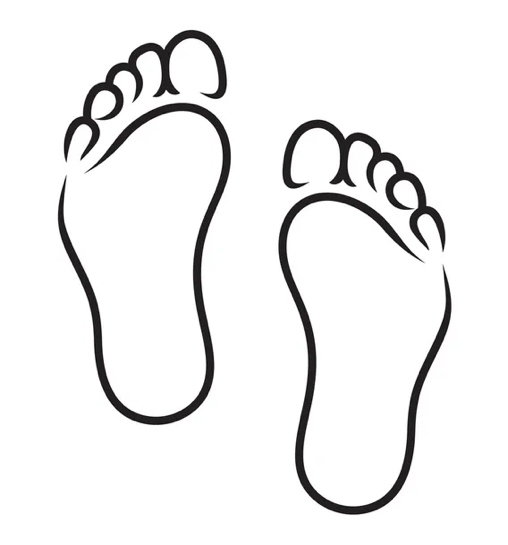
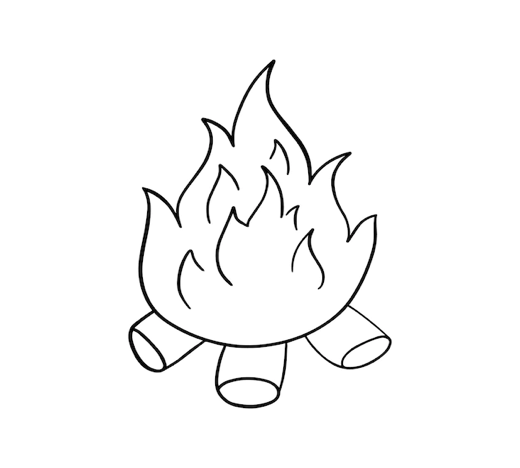


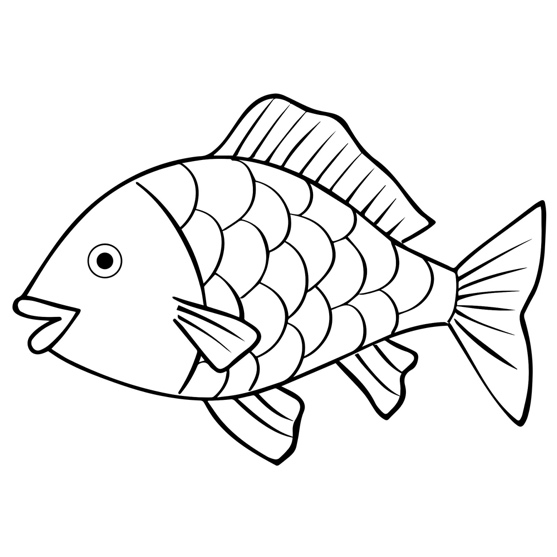
-G- green— [gri: n] adj. -зеленый
good-[gʊd] adj. -хороший
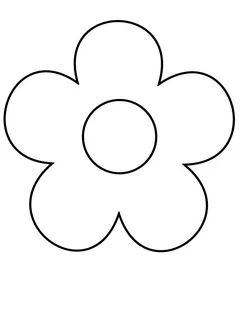
fish [ fiʃ] n. – рыба


grandad-[grændæd] n.-
дедушка
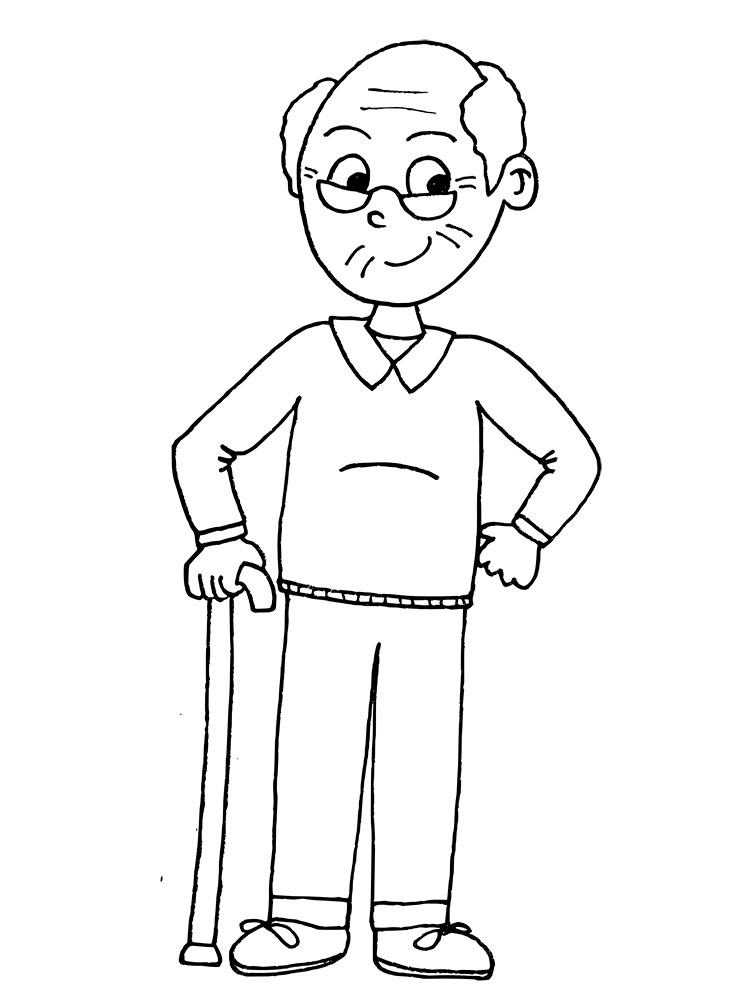
granny-[grænı] n.
— бабушка


hat-[hæt] n.-шляпа
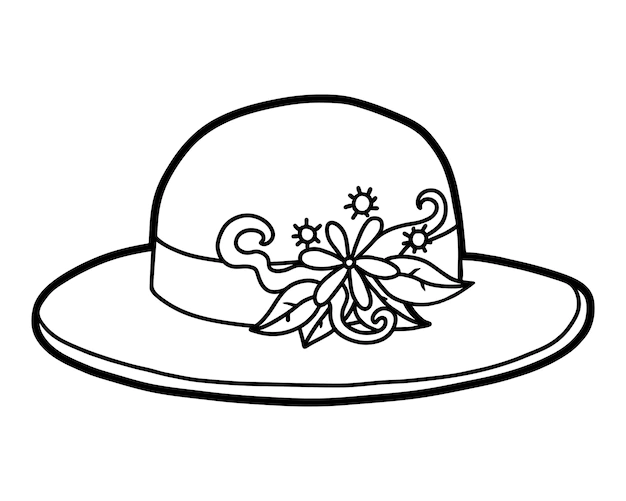
happy-[hæpı] adj. -H-
-счастливый
hill-[hıl] n. -холм
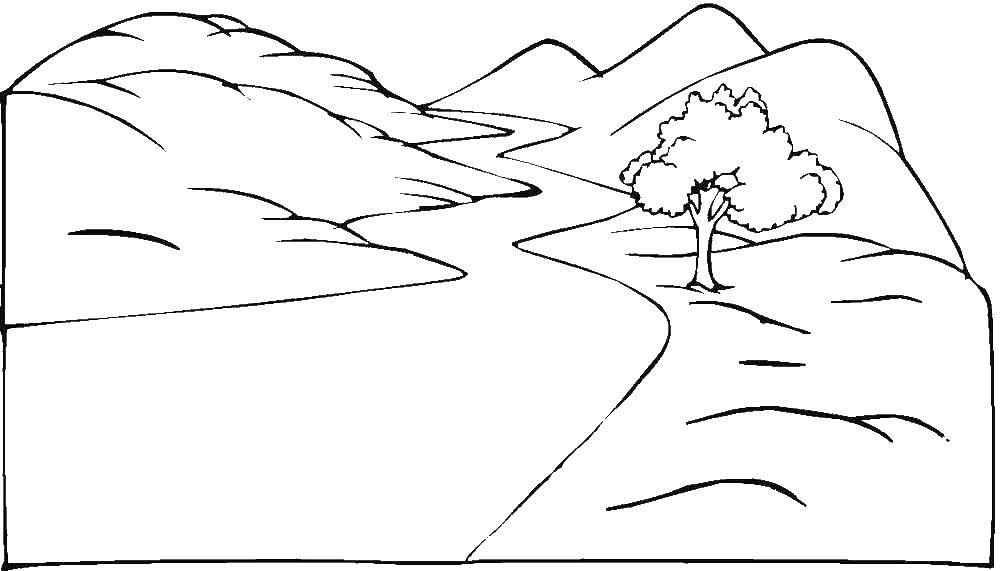


-J- jug-[ʤʌg] n.-кувшин
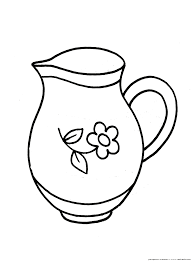
I-[aı] pron. – —I—
я (местоимение)
it-[ıt] pron. — он, она, оно (метоимение,
о неодушевленных
предметах и животых)
in-[ın] prep. — в (предлог)
is-[ız] v. -является, находится (глагол-связка)


king — [ kɪŋ] — царь, король
kid-[kıd] n. -козлёнок —K—
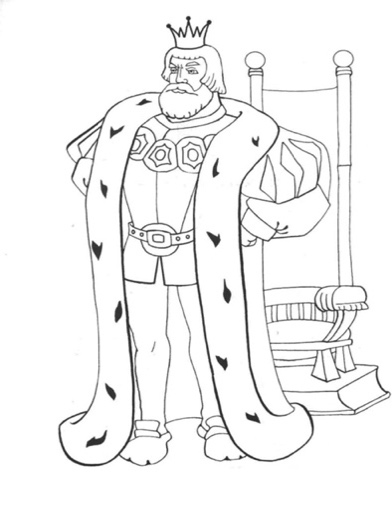
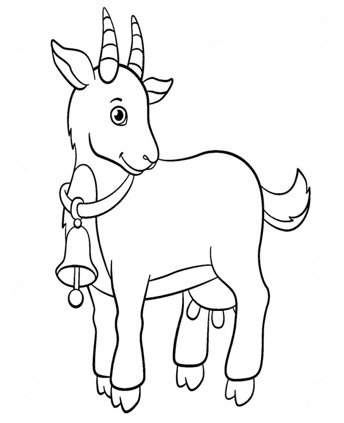


kangaroo— [ ˌkæŋɡəˈruː] n.- кенгуру
kite-[kaıt] n.-
воздушный змей
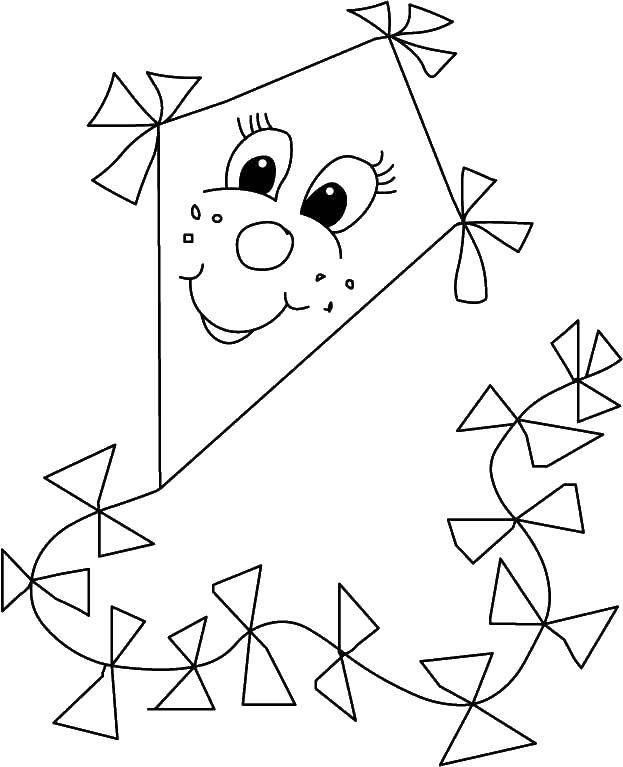
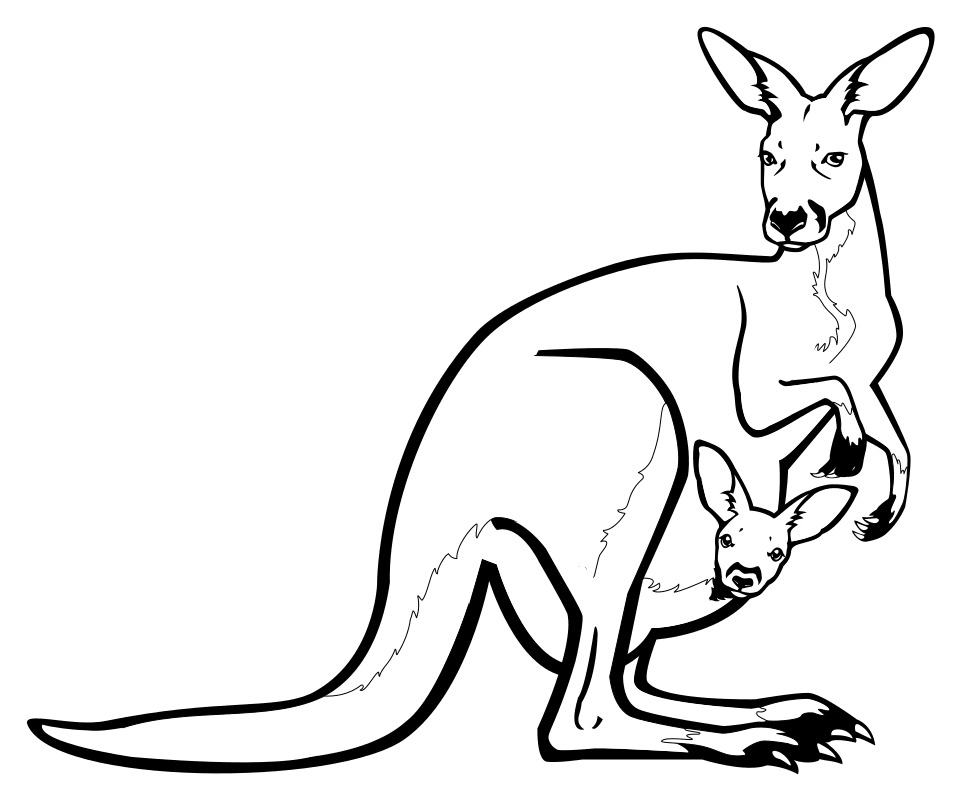


lamp-[læmp] n.-лампа
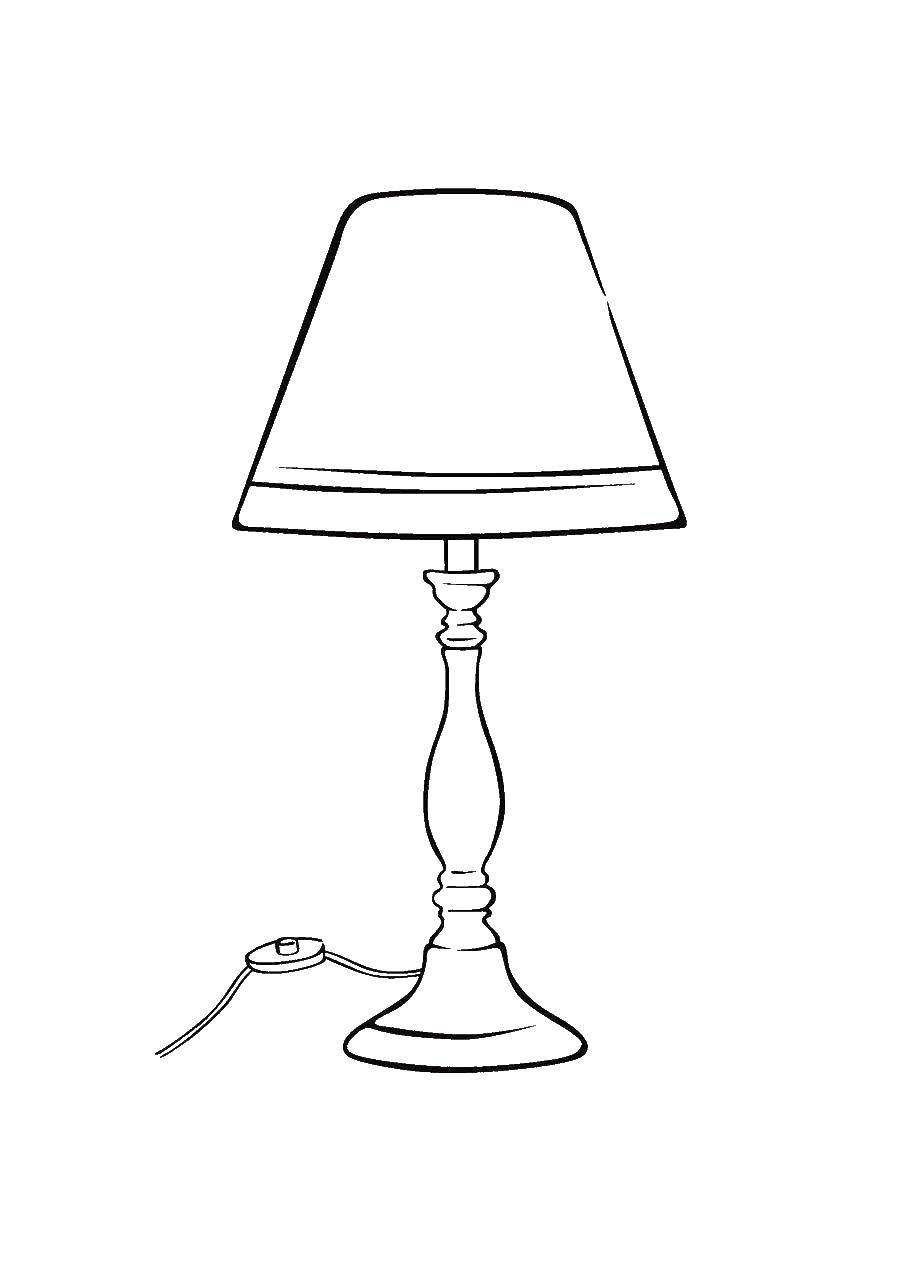
lorry-[lɒrı] n. -грузовик -L-
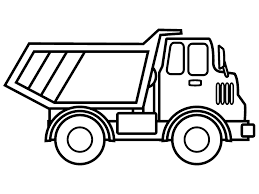


mum-[mʌm] n.-мама,
мамуля

map-[mæp] n.-карта —M—
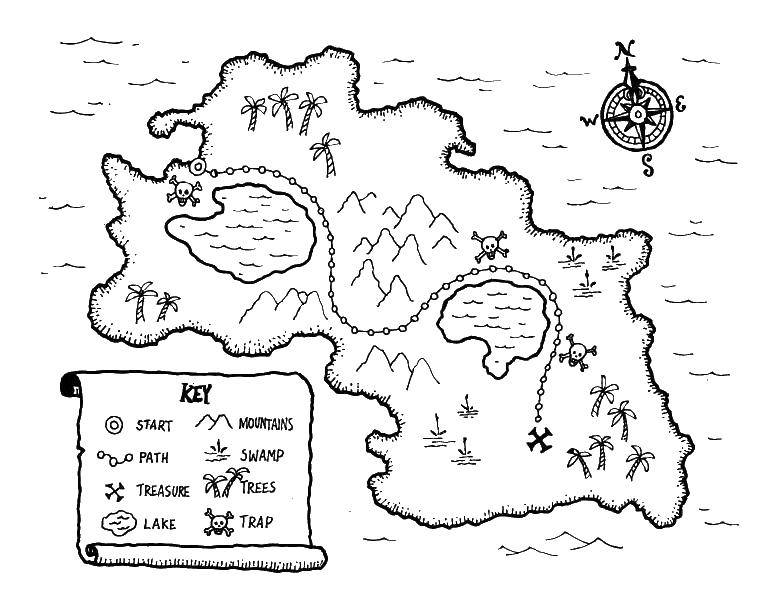

milk-[mılk] n.-молоко
meet-[mi:t] v.-встречать, знакомиться
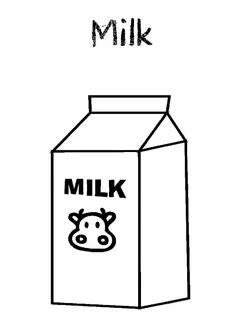

mug-[mʌg] n.-кружка
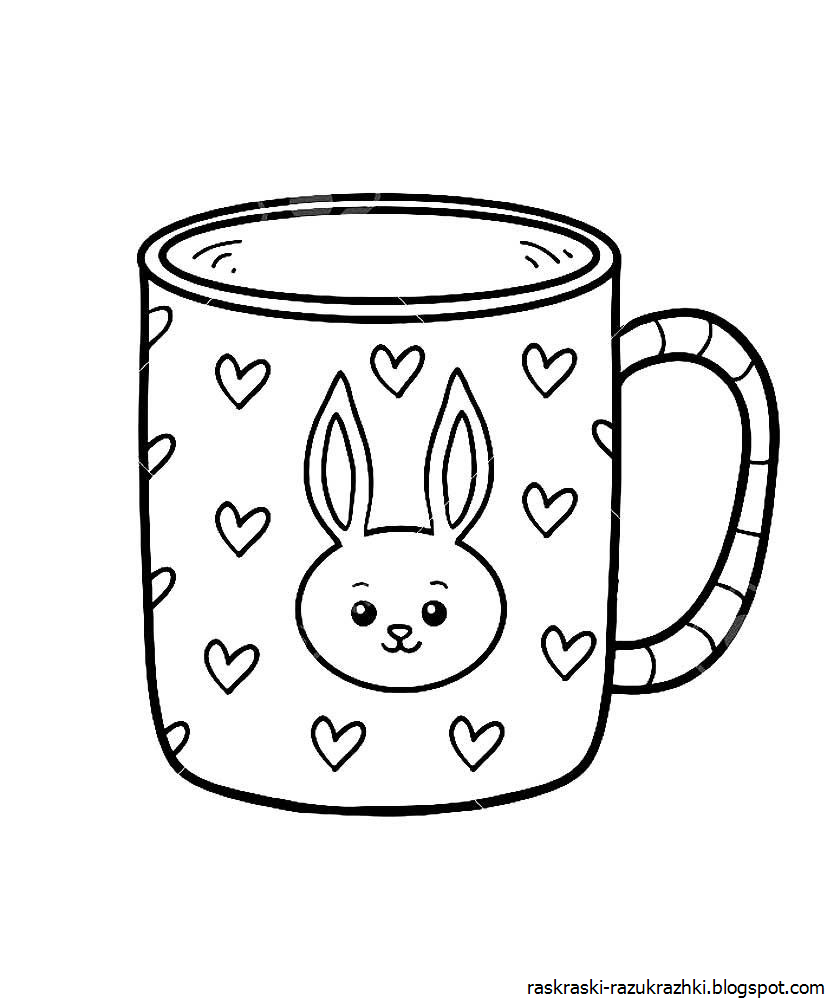


nest-[nest] n.-гнездо -N-
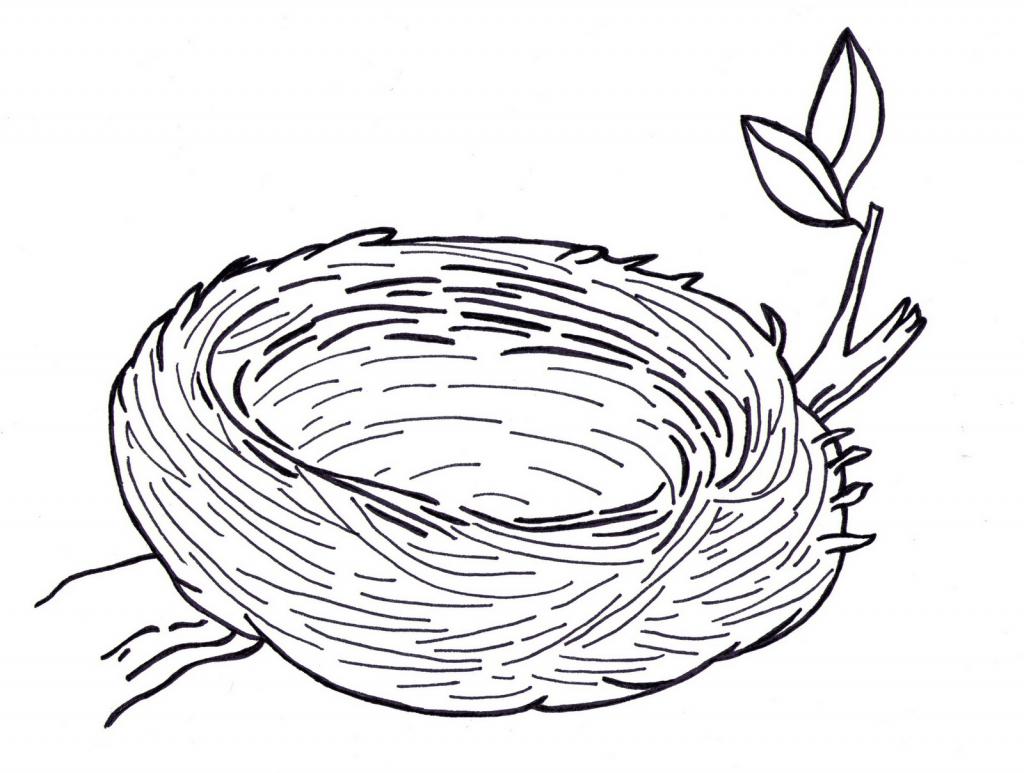
net-[net] n. -сеть, сачок
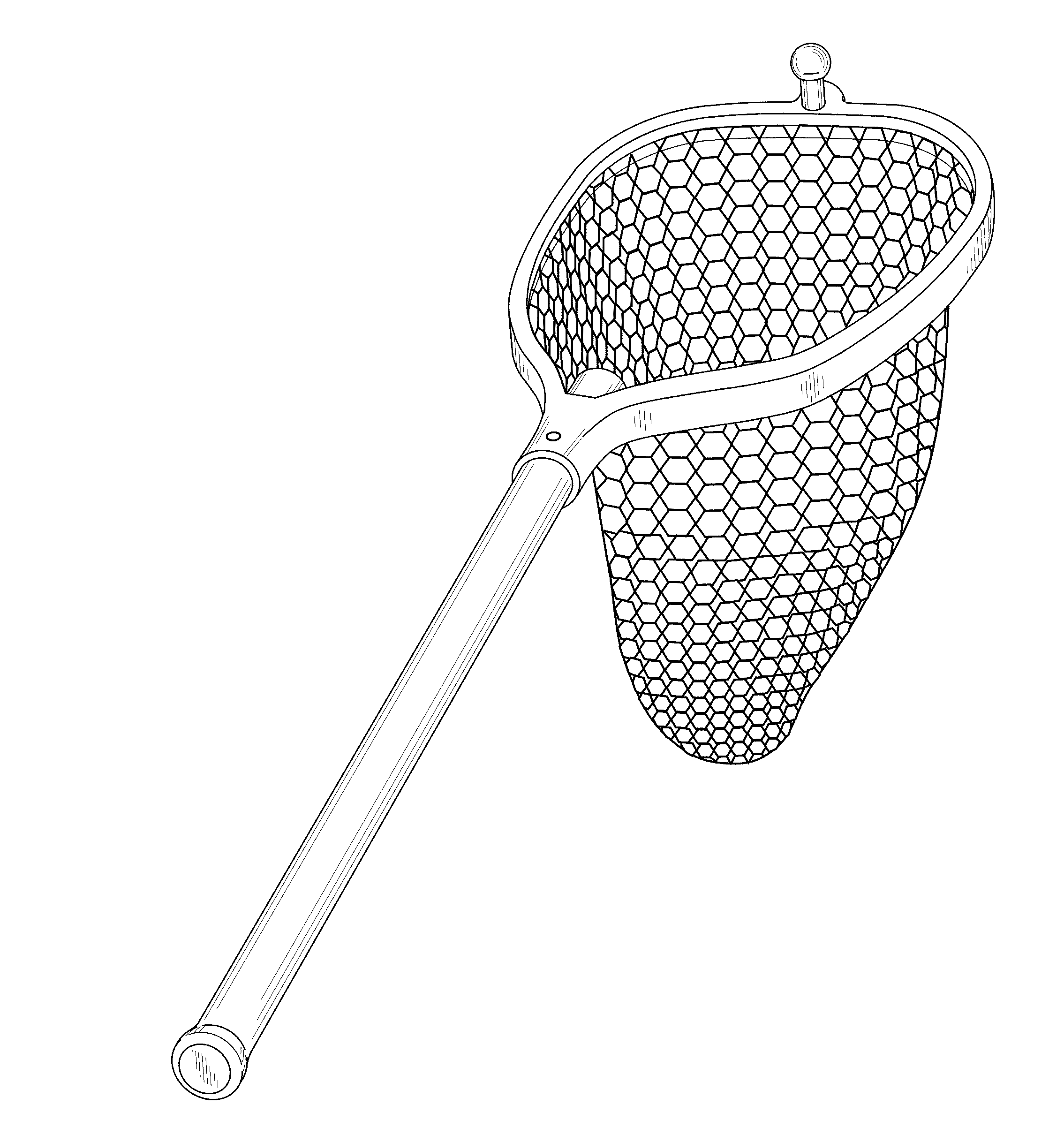
.


nine-[naın] num.- девять
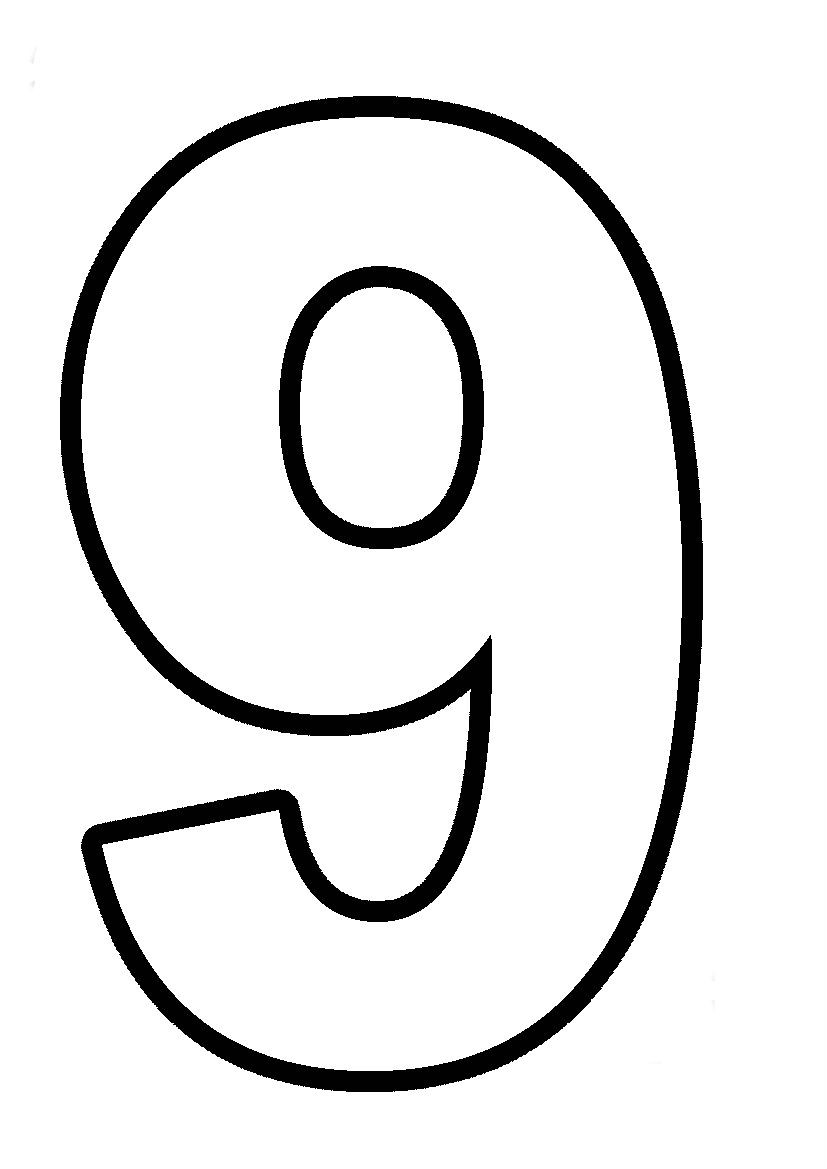
-O- one-[wʌn] num.- один
or-[ɔ:] conj. — или (союз)
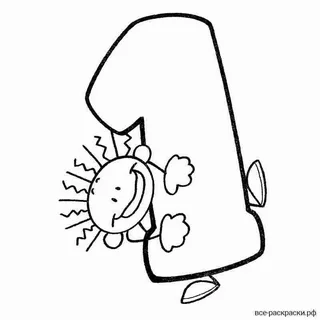


pig-[pıg] n.-поросёнок
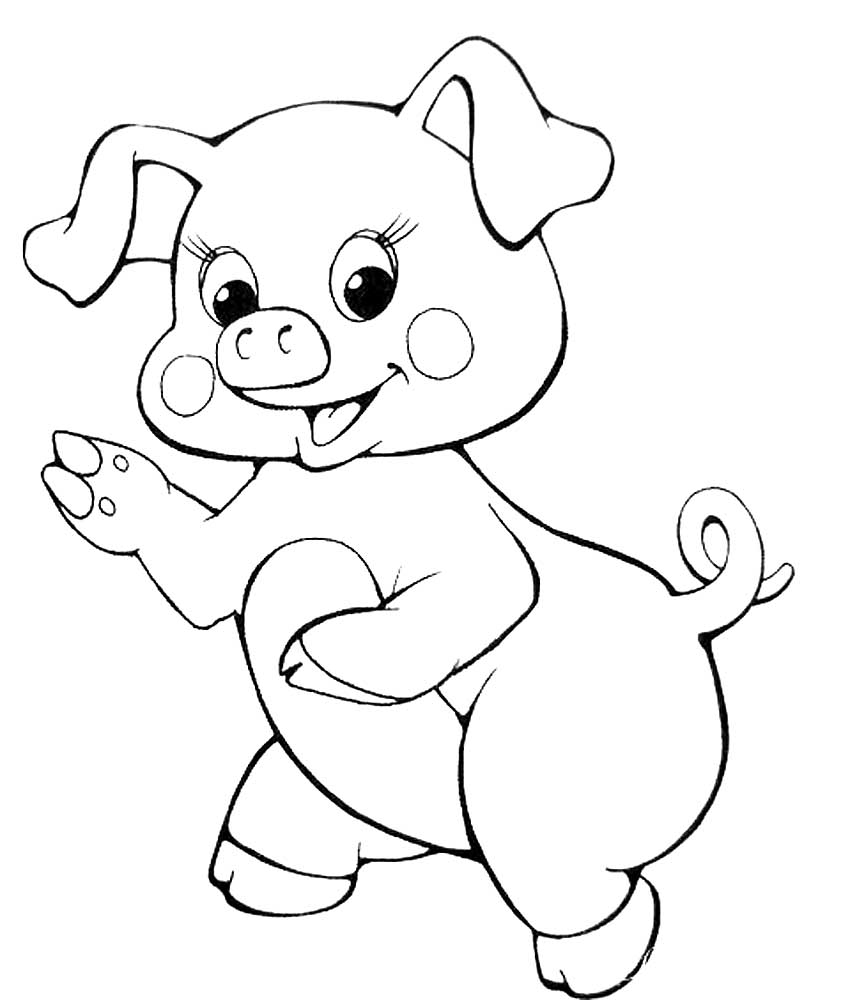
pen-[pen] n.-ручка. -P-
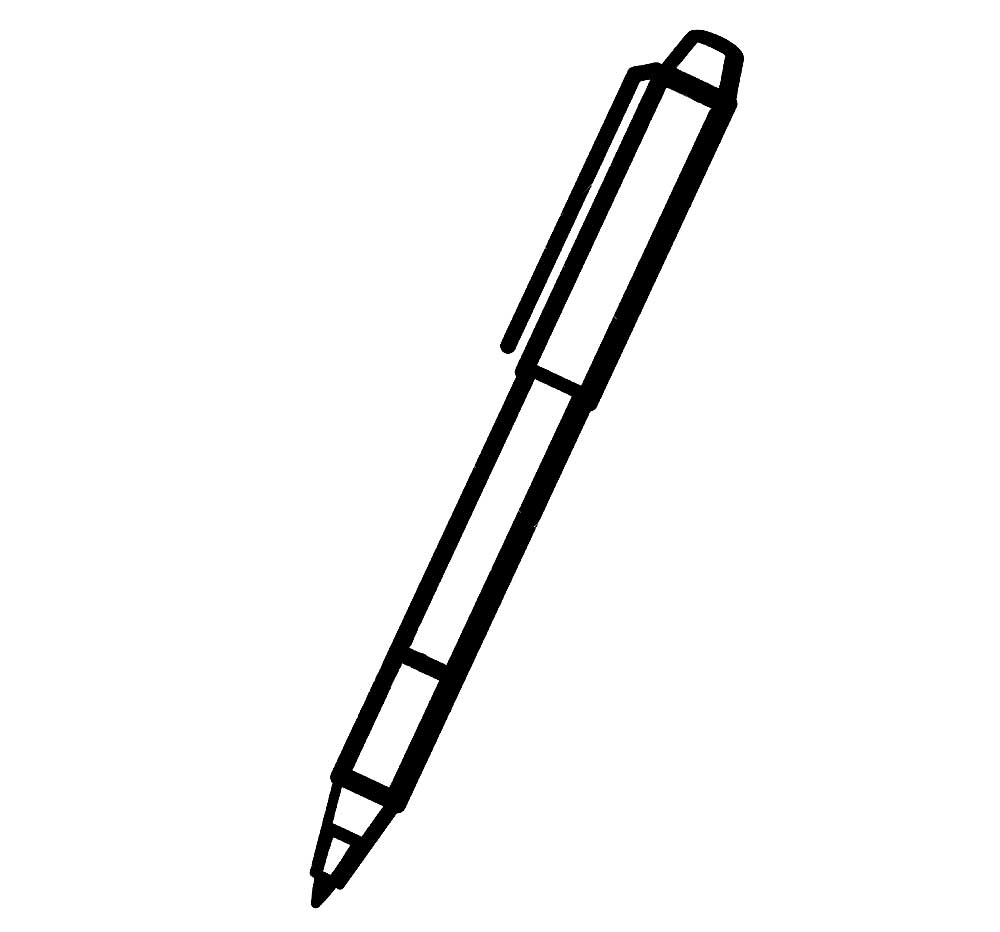


-Q- quilt-[kwılt] n.
-одеяло
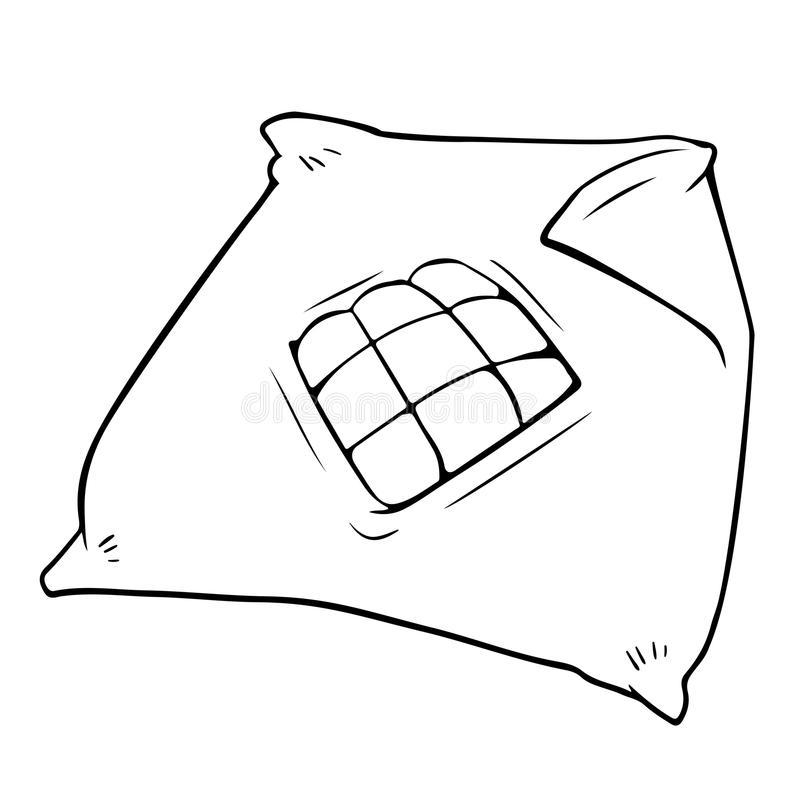
pond-[pɒnd] n.-пруд
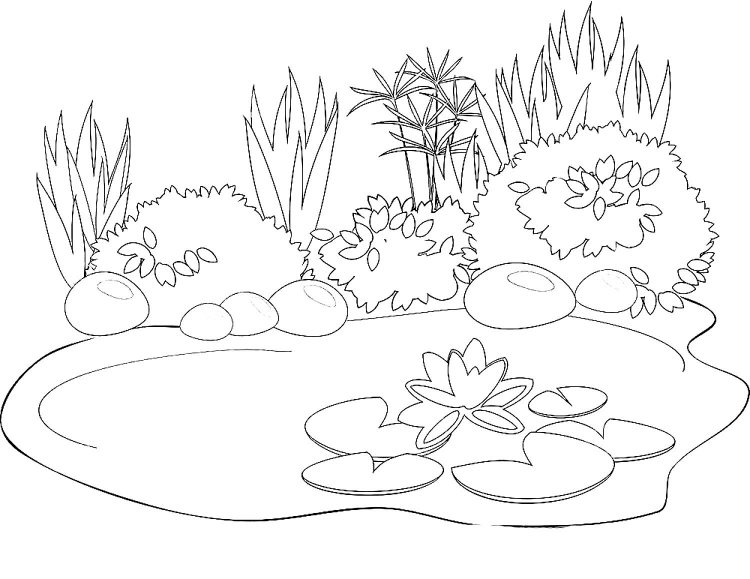

queen-[kwi:n] n.-королева
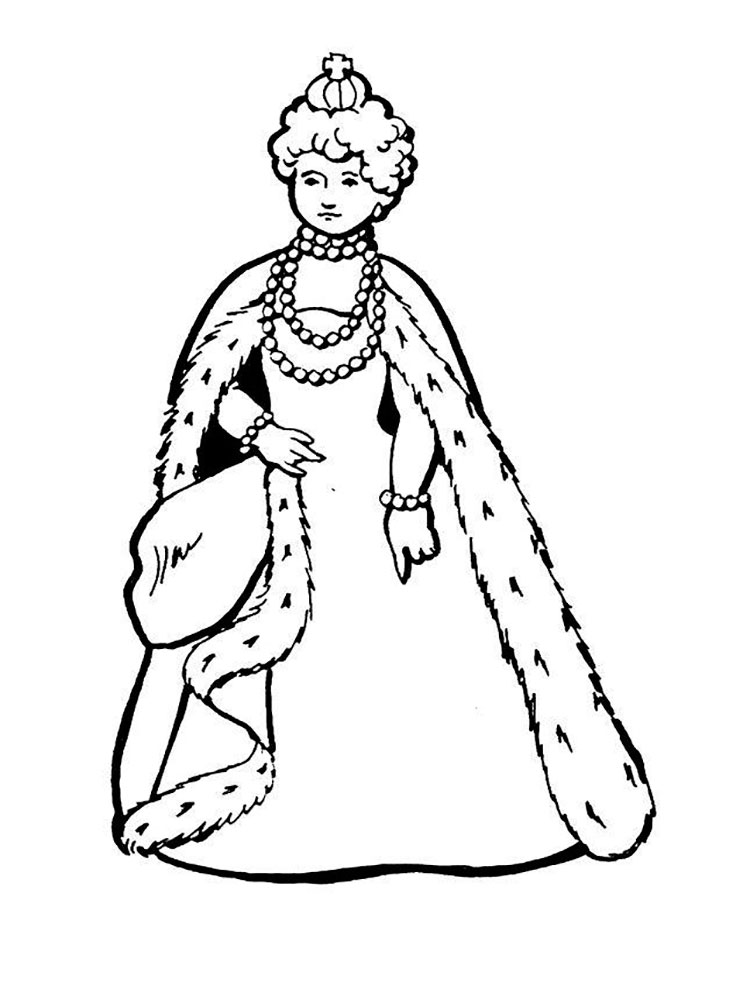
-R- rose-[rəʊz] n.- роза



red-[red] adj.-красный

room-[ru:m] n.-комната
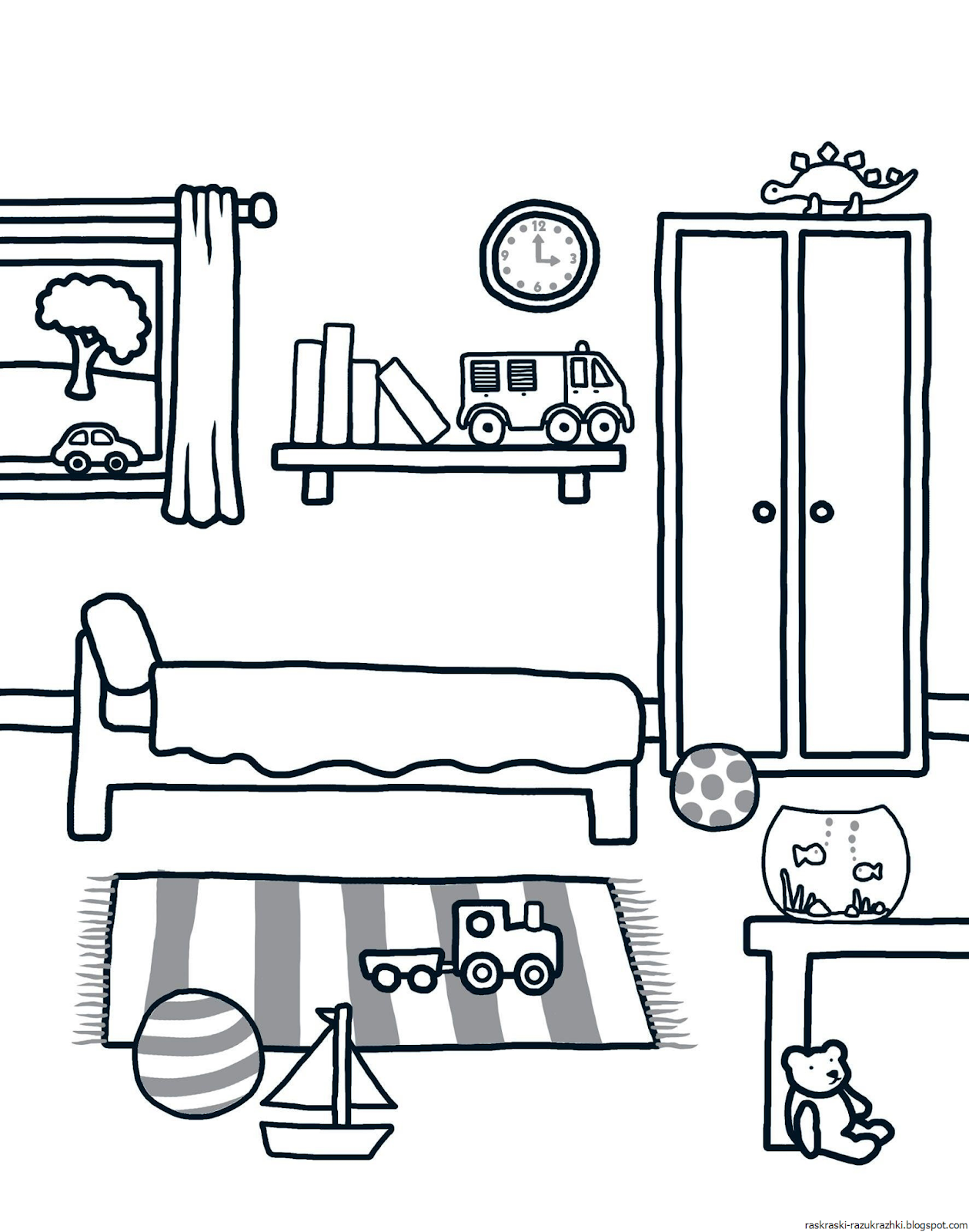


ship-[ʃıp] n. -корабль

-S-
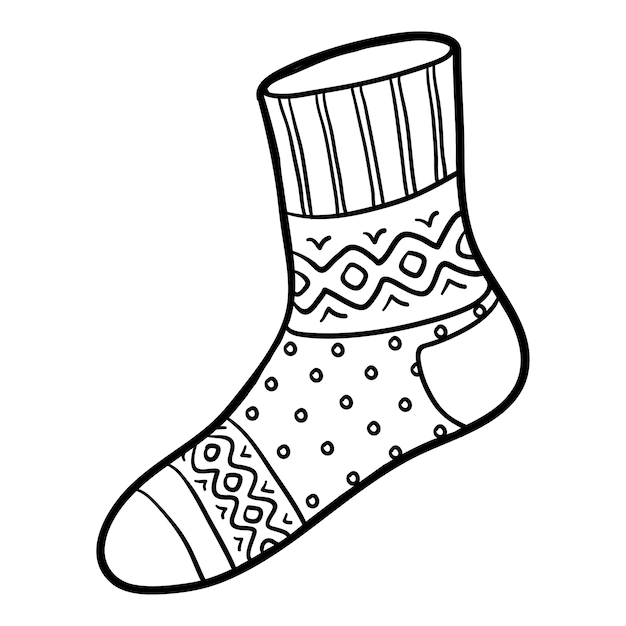

sun-[sʌn] n.-солнце


sweet-[swi:t] n. -конфета
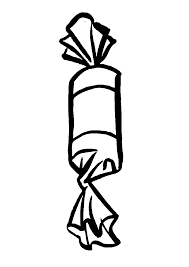


six-[sıx] num.- шесть
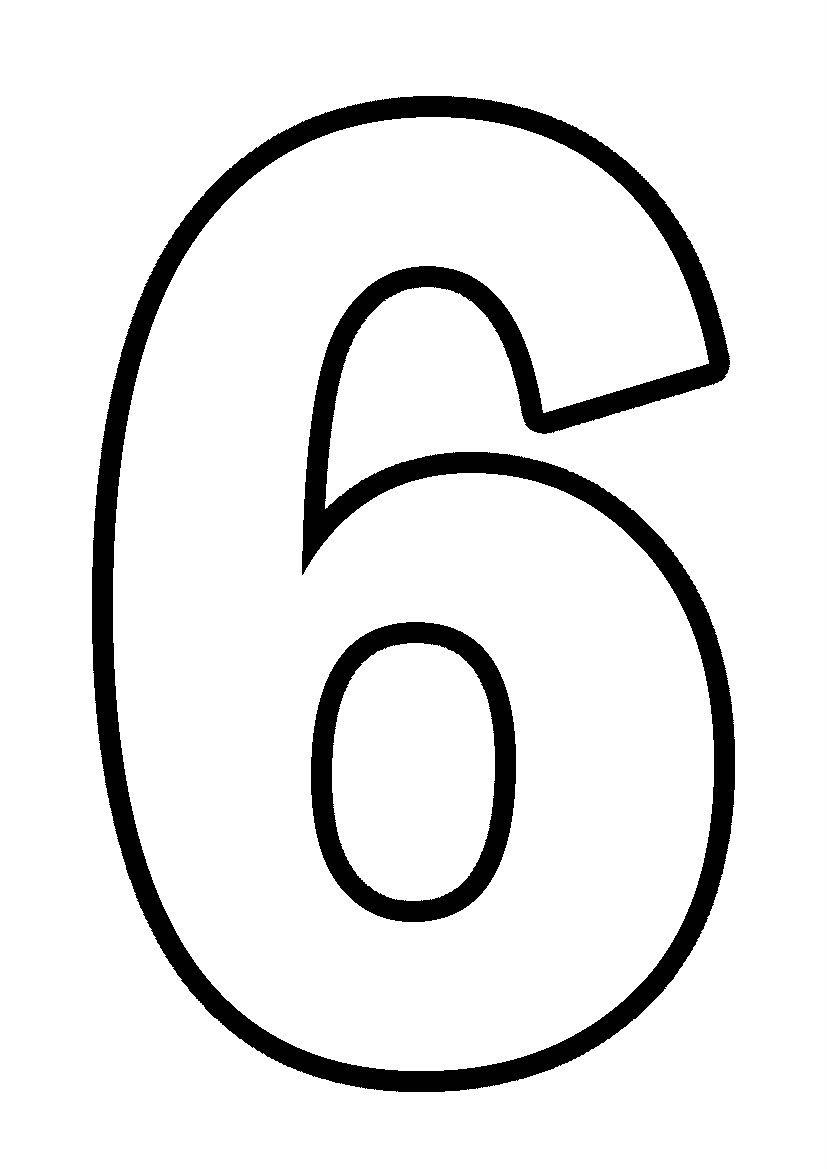
see-[si:] v.-видеть
sheep-[ʃi:p]n. -овечка
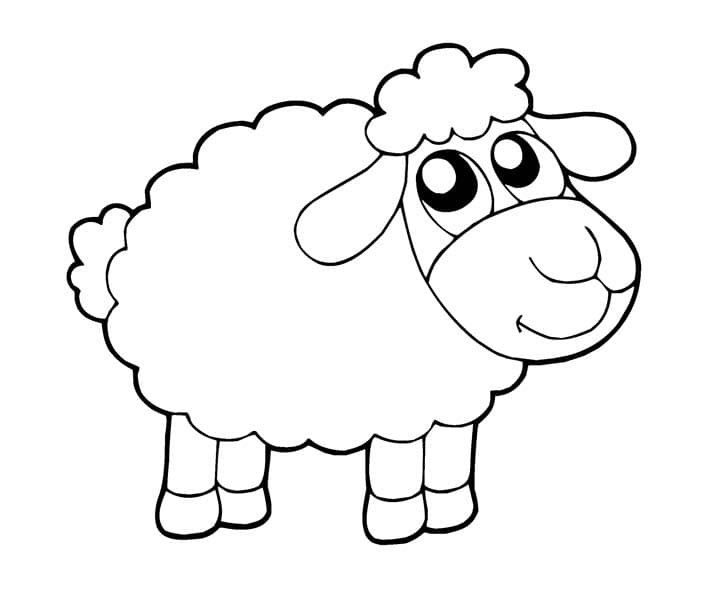


tent-[tent]n. -палатка
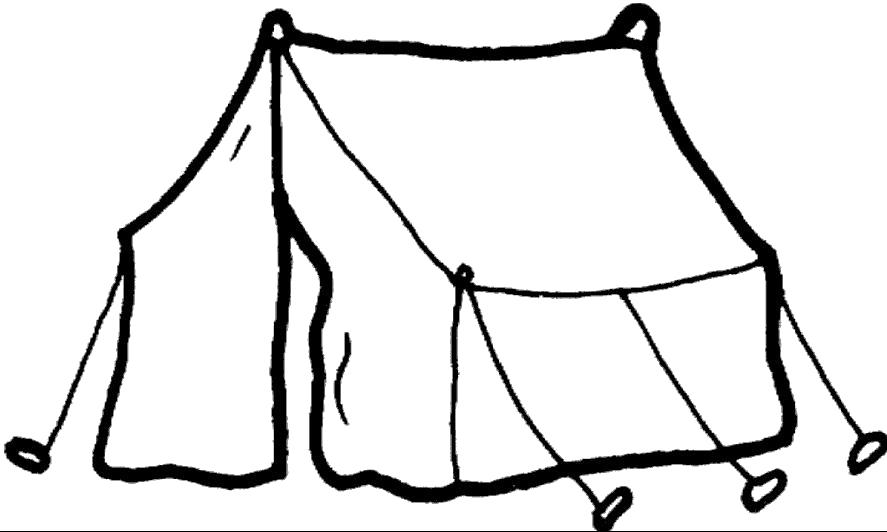
-T-
ten-[ten] num. -десять
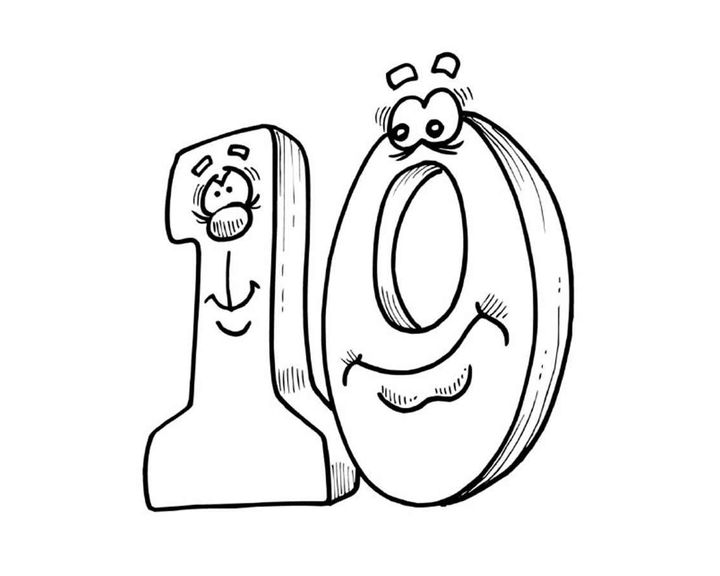


—V—
van-[væn]n. -фургон
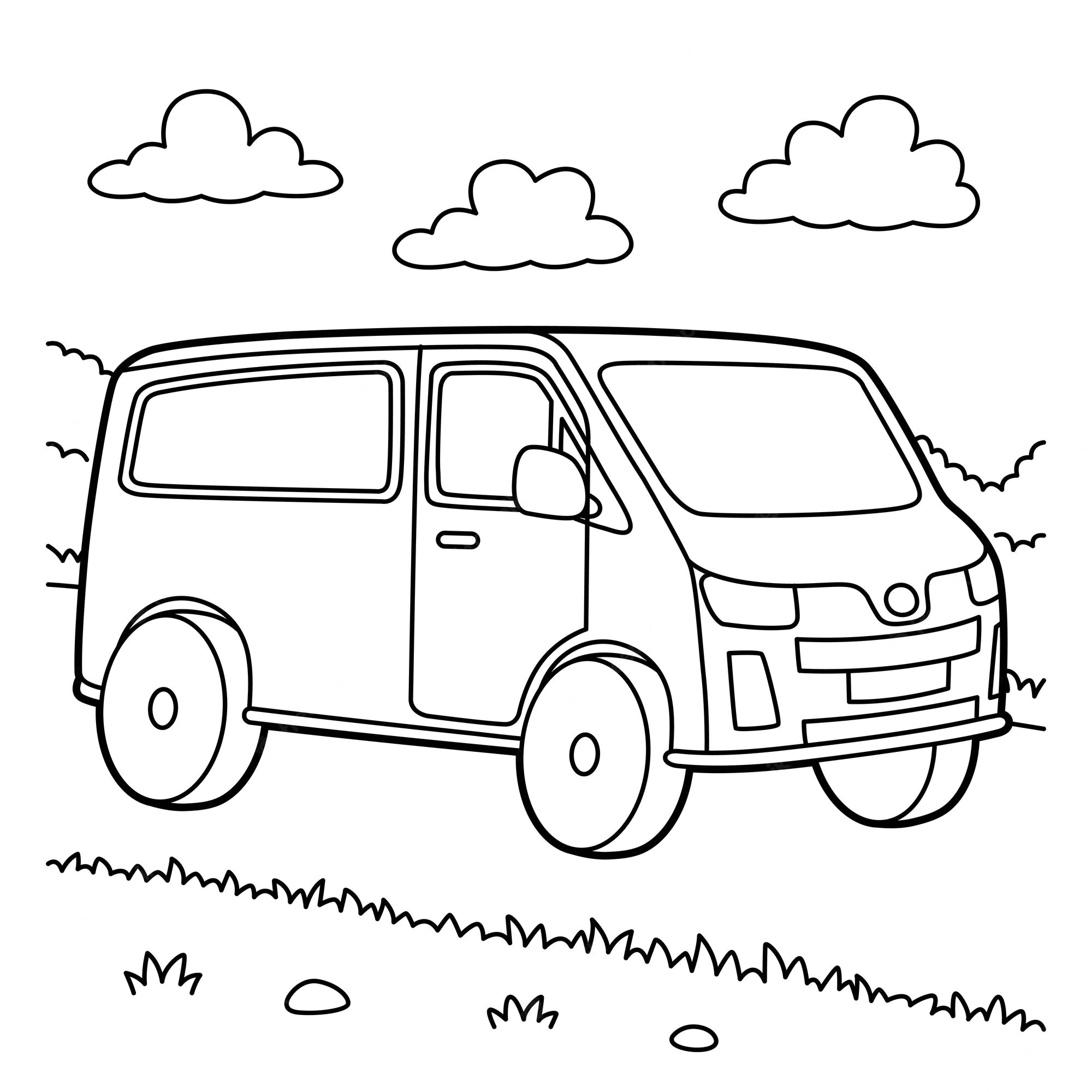
—U—
under-[ʌndə] prep.- под (предлог)
-W-

-X-
xylophone — [ˈzaɪləfəʊn]-n.-
ксилофон
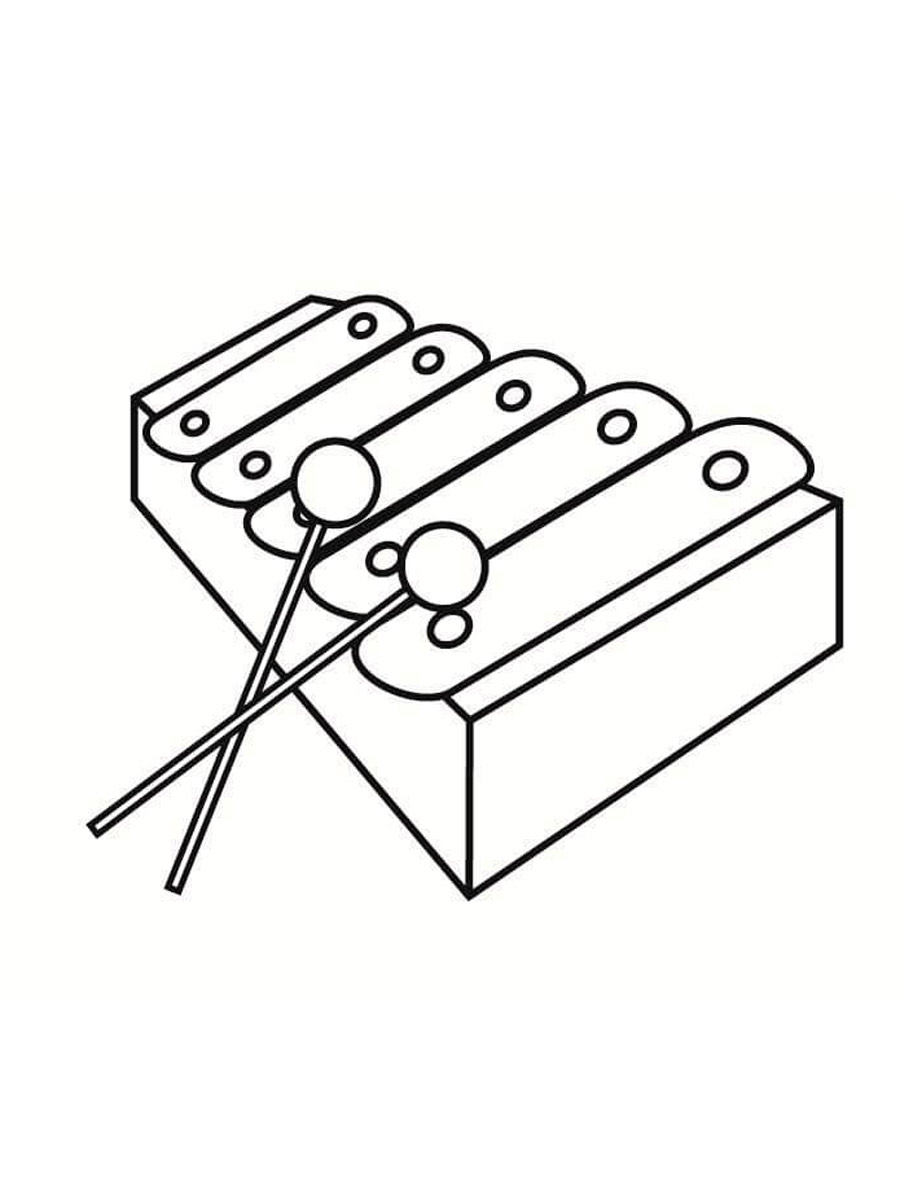
—

-Y-
yesterday— [’jestədi] adv. -вчера


xylanthrax—
[zæɪˈlænθræks] n. –
древесный уголь

-Z-
zebra— [ ˈzebrə ] n. -зебра
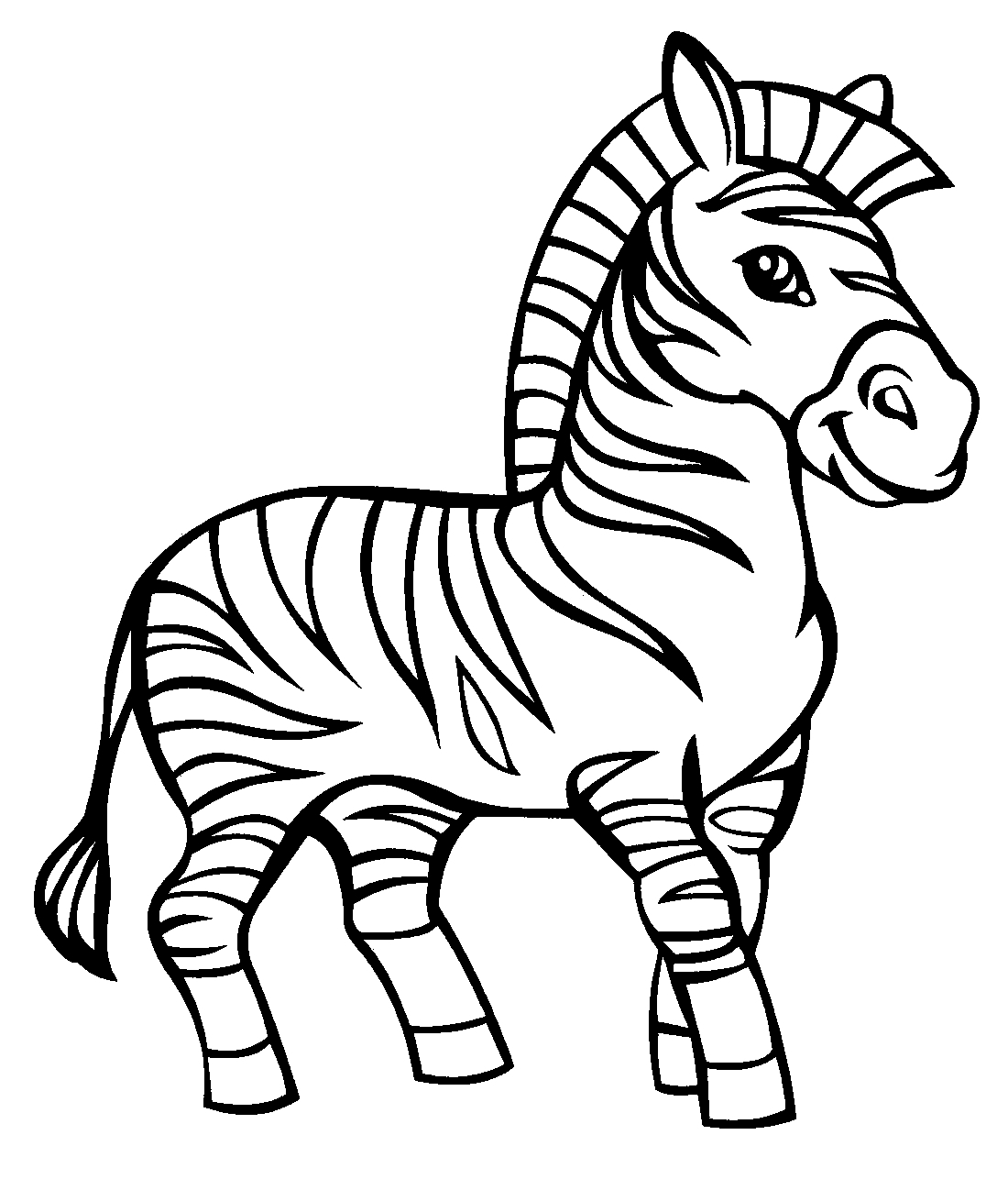

zipper— [ ˈzɪpə] n.-
застежка-молния
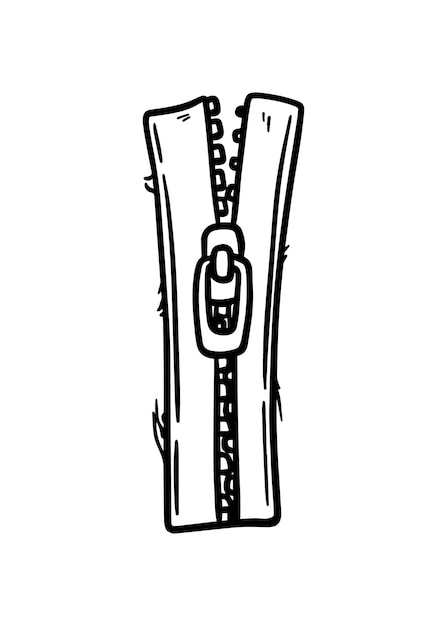

zero -[ ˈzɪərəʊ ] num.
— нуль
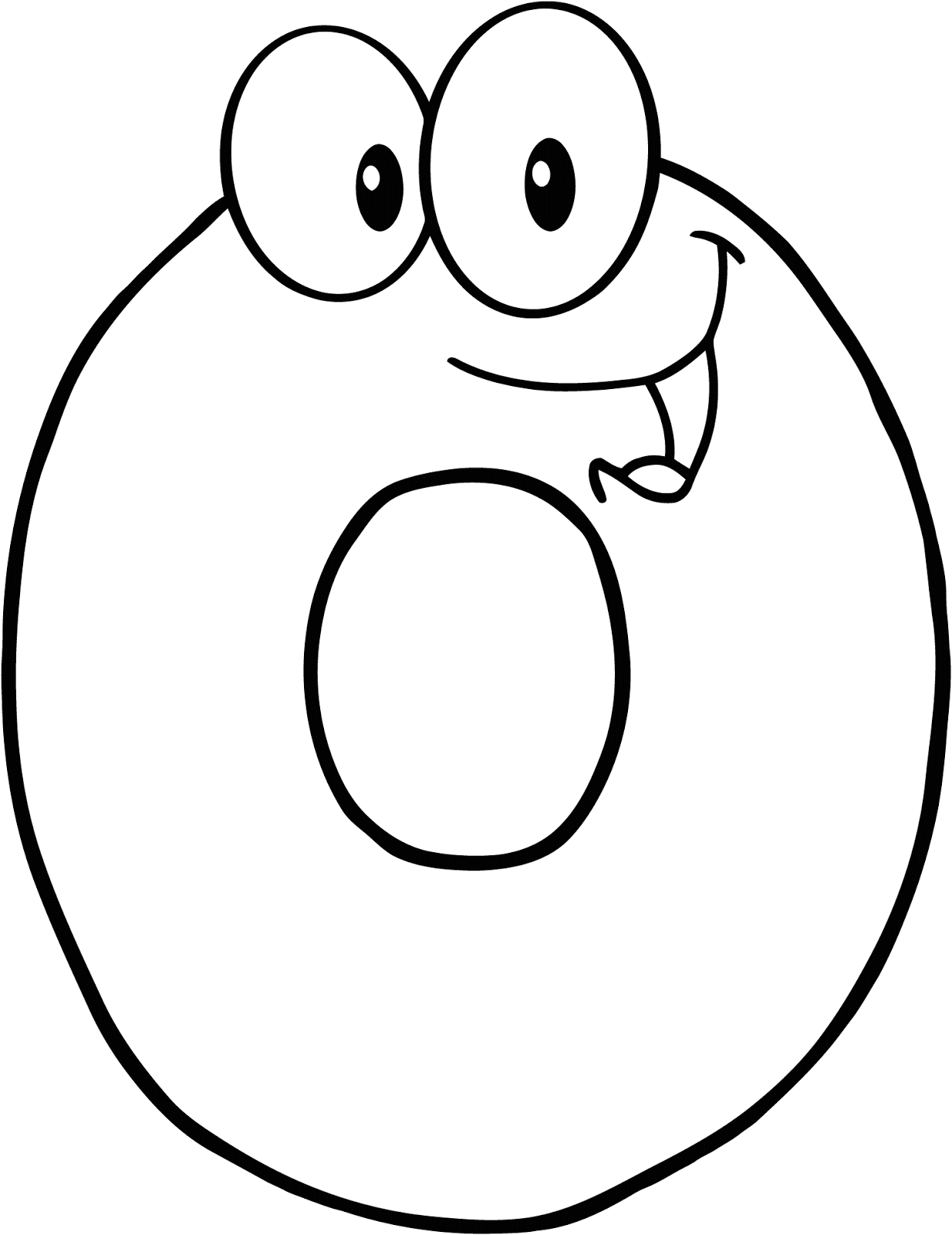


zoo— [ zuː] n. – зоопарк
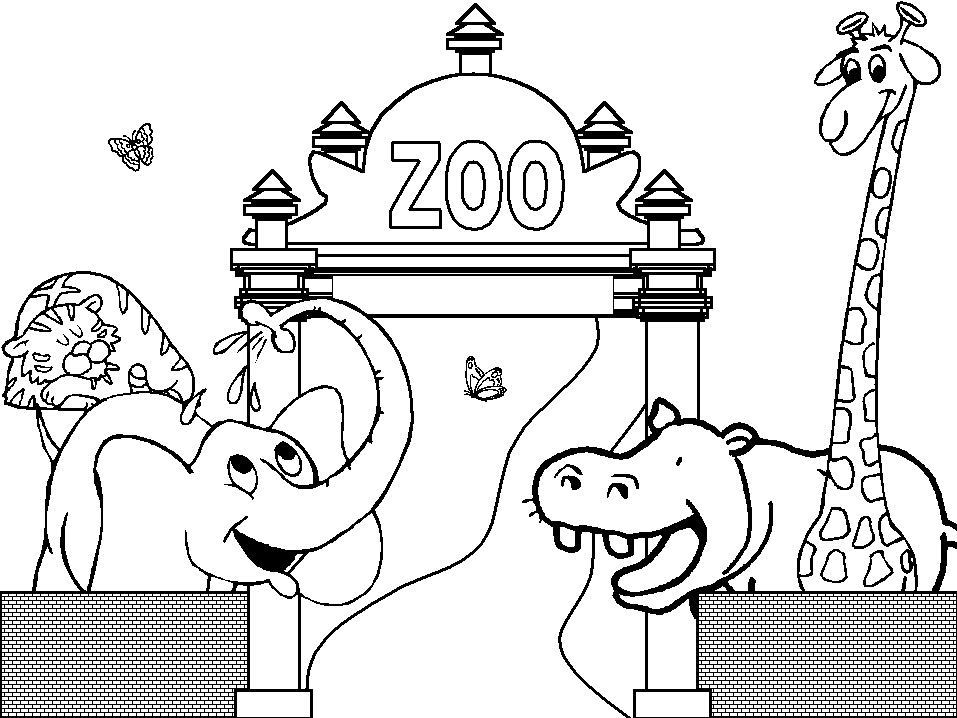
zodiac— [ˈzəʊdɪæk] n.
— зодиак
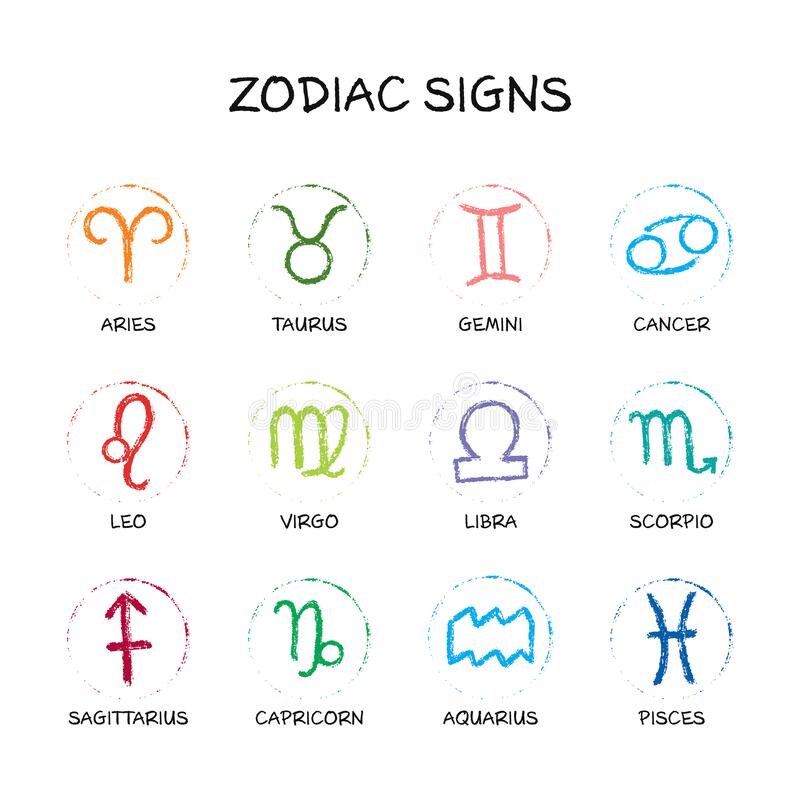
13
( words plural & 3rd person present) ( wording present participle) ( worded past tense & past participle )
1 n-count A word is a single unit of language that can be represented in writing or speech. In English, a word has a space on either side of it when it is written.
The words stood out clearly on the page…, The word `ginseng’ comes from the Chinese word `Shen-seng’., …swear words…
2 n-plural Someone’s words are what they say or write.
oft with poss
I was devastated when her words came true…, The words of the young woman doctor echoed in his ears…
3 n-plural Thewords of a song consist of the text that is sung, in contrast to the music that is played.
usu the N
(=lyrics)
Can you hear the words on the album?
4 n-sing If you have a word with someone, you have a short conversation with them.
SPOKEN a N
I think it’s time you had a word with him…, James, could I have a quiet word?…
5 n-count If you offer someone aword of something such as warning, advice, or praise, you warn, advise, or praise them.
N of n
A word of warning. Don’t stick too precisely to what it says in the book…
6 n-sing If you say that someone does not hear, understand, or say a word, you are emphasizing that they hear, understand, or say nothing at all.
a N, with brd-neg (emphasis)
I can’t understand a word she says…, Not a word was spoken.
7 n-uncount If there is word of something, people receive news or information about it.
also the N
There is no word from the authorities on the reported attack…, Word has been spreading fast of the incidents on the streets…
8 n-sing If you give your word, you make a sincere promise to someone.
poss N
…an adult who gave his word the boy would be supervised…, He simply cannot be trusted to keep his word.
9 n-sing If someone gives the word to do something, they give an order to do it.
the N
I want nothing said about this until I give the word.
10 verb To word something in a particular way means to choose or use particular words to express it.
If I had written the letter, I might have worded it differently. V n adv/prep
♦
-worded comb in adj
…a strongly-worded statement., …a carefully-worded speech.
11
→
wording
→
code word
→
four-letter word
→
play on words
→
printed word
→
spoken word
→
written word
12 If you say that people consider something to be a dirty word, you mean that they disapprove of it.
♦
dirty word phrase usu v-link PHR
So many people think feminism is a dirty word.
13 If you do something from the word go, you do it from the very beginning of a period of time or situation.
♦
from the word go phrase PHR with cl
It’s essential you make the right decisions from the word go.
14 You can use in their words or in their own words to indicate that you are reporting what someone said using the exact words that they used.
♦
in sb’s words/in sb’s own words phrase PHR with cl
Even the Assistant Secretary of State had to admit that previous policy did not, in his words, produce results.
15 You use in a word to indicate that you are giving a summary of what you have just been saying, or are giving a reply, in as brief a way as possible.
♦
in a word phrase PHR with cl
(=in short)
`Shouldn’t he be given the leading role?’—`In a word<endash>No.’
16 If someone has the last word or the final word in a discussion, argument, or disagreement, they are the one who wins it or who makes the final decision.
♦
the last word/the final word phrase
She does like to have the last word in any discussion…, The final word will still come from the Secretary of State.
17 If you say that something is the last word in luxury, comfort, or some other quality, you are emphasizing that it has a great deal of this quality.
♦
the last word in sth phrase PHR n, usu v-link PHR (emphasis)
The spa is the last word in luxury and efficiency.
18 If you say that someone has said something, but not in so many words, you mean that they said it or expressed it, but in a very indirect way.
♦
in so many words phrase usu with brd-neg, usu PHR after v, PHR with cl
`And has she agreed to go with you?’—`Not in so many words. But I read her thoughts’.
19 If news or information passes by word of mouth, people tell it to each other rather than it being printed in written form.
♦
word of mouth phrase oft by/through PHR
The story has been passed down by word of mouth.
20 You say in other words in order to introduce a different, and usually simpler, explanation or interpretation of something that has just been said.
♦
in other words phrase PHR with cl
The mobile library services have been reorganised<endash>in other words, they visit fewer places.
21 If you say something in your own words, you express it in your own way, without copying or repeating someone else’s description.
♦
in one’s own words phrase PHR after v, PHR with cl
Now tell us in your own words about the events of Saturday.
22 If you say to someone `take my word for it’, you mean that they should believe you because you are telling the truth.
♦
take my word for it phrase V inflects
You’ll buy nothing but trouble if you buy that house, take my word for it.
23 If you repeat something word for word, you repeat it exactly as it was originally said or written.
♦
word for word phrase PHR after v
(=verbatim)
I don’t try to memorize speeches word for word.
24
→
not get a word in edgeways
→
edgeways
→
not mince your words
→
mince
→
the operative word
→
operative
→
war of words
→
war
code word ( code words plural ) , codeword, code-word A code word is a word or phrase that has a special meaning, different from its normal meaning, for the people who have agreed to use it in this way. n-count
…magnum, the code word for launching a radar attack.
four-letter word ( four-letter words plural ) A four-letter word is a short word that people consider to be rude or offensive, usually because it refers to sex or other bodily functions. n-count
(=swear word)
linking word ( linking words plural )
in BRIT, also use link word A linking word is a word which shows a connection between clauses or sentences. `However’ and `so’ are linking words. n-count
printed word
The printed word is the same as the written word. n-sing the N
spoken word
Thespoken word is used to refer to language expressed in speech, for example in contrast to written texts or music. n-sing usu the N
There is a potential educational benefit in allowing pictures to tell the story, rather than the spoken word.
swear word ( swear words plural ) , swearword A swear word is a word which is considered to be rude or offensive. Swear words are usually used when people are angry. n-count
-word ( -words plural ) You can use -word after a letter of the alphabet to refer politely or humorously to a word beginning with that letter which people find offensive or are embarrassed to use. comb in n-count
It was the first show to use the F-word and show nudity on stage…, Politicians began to use the dreaded R-word: recession.
word class ( word classes plural ) A word class is a group of words that have the same basic behaviour, for example nouns, adjectives, or verbs. n-count
word processing , word-processing
Word processing is the work or skill of producing printed documents using a computer. (COMPUTING) n-uncount oft N n
word processor ( word processors plural ) A word processor is a computer program or a computer which is used to produce printed documents. (COMPUTING) n-count
word wrapping
In computing, word wrapping is a process by which a word which comes at the end of a line is automatically moved onto a new line in order to keep the text within the margins. (COMPUTING) n-uncount
written word
You use the written word to refer to language expressed in writing, especially when contrasted with speech or with other forms of expression such as painting or film. n-sing usu the N
Even in the 18th century scholars continued to give primacy to the written word.
: the act or process of forming words:
b
: the act or process of spelling out words (as in a contest) with the use of only those letters found in a particular word or phrase
Dictionary Entries Near word-building
Cite this Entry
“Word-building.” Merriam-Webster.com Dictionary, Merriam-Webster, https://www.merriam-webster.com/dictionary/word-building. Accessed 13 Apr. 2023.
Share
Subscribe to America’s largest dictionary and get thousands more definitions and advanced search—ad free!
Merriam-Webster unabridged

